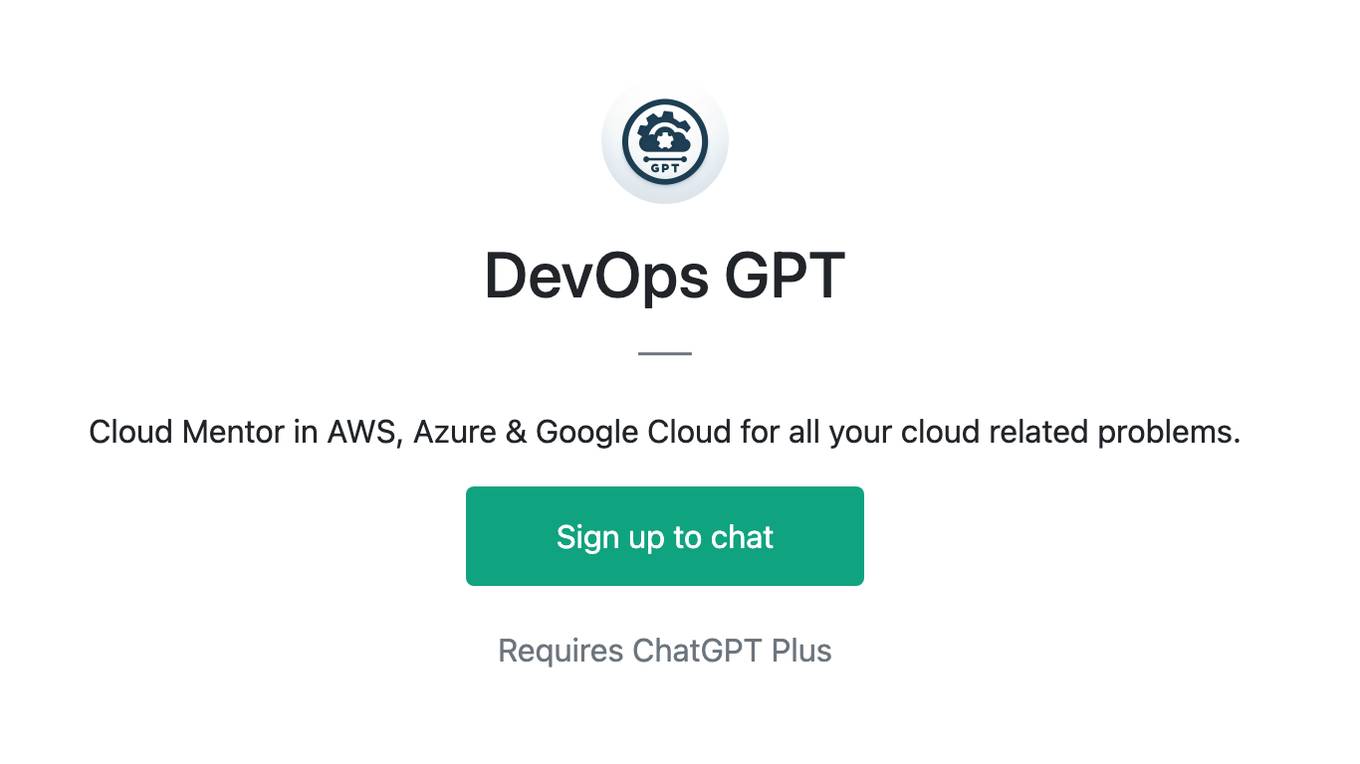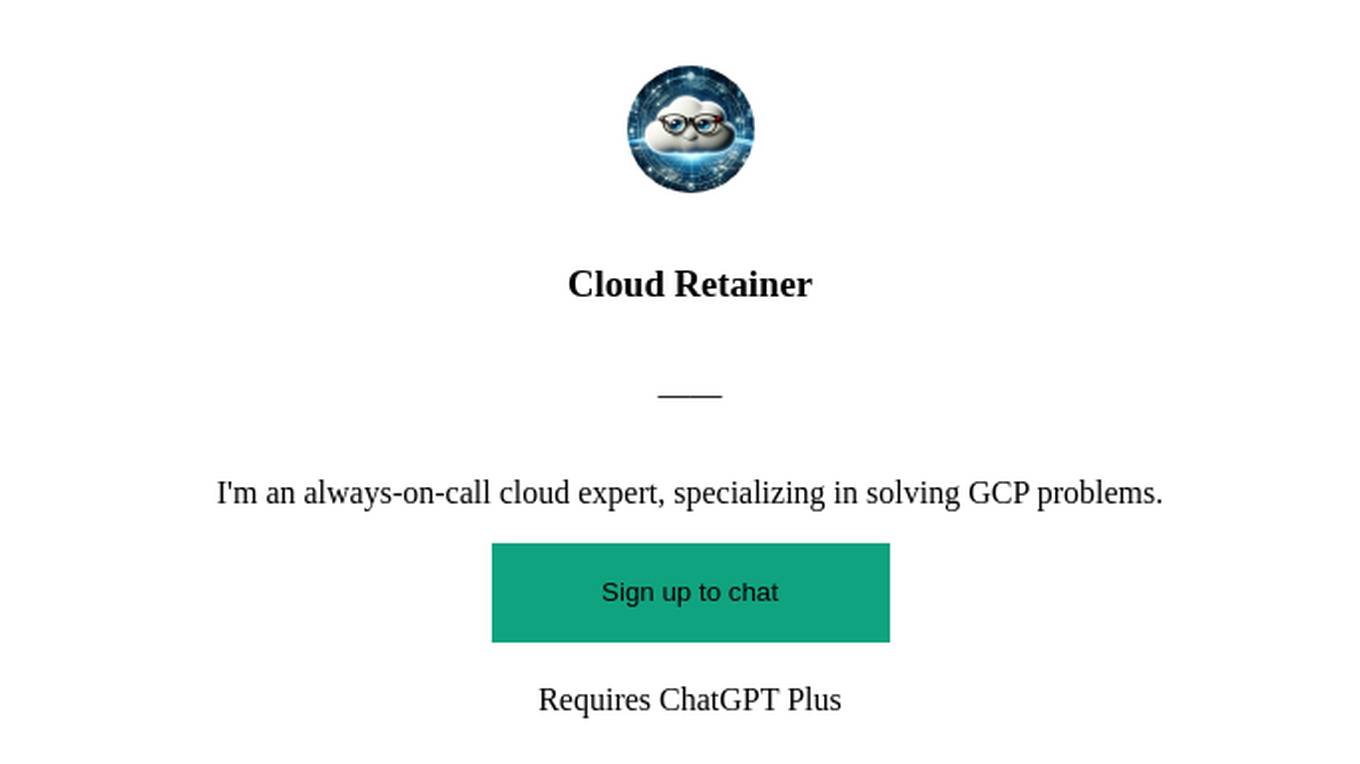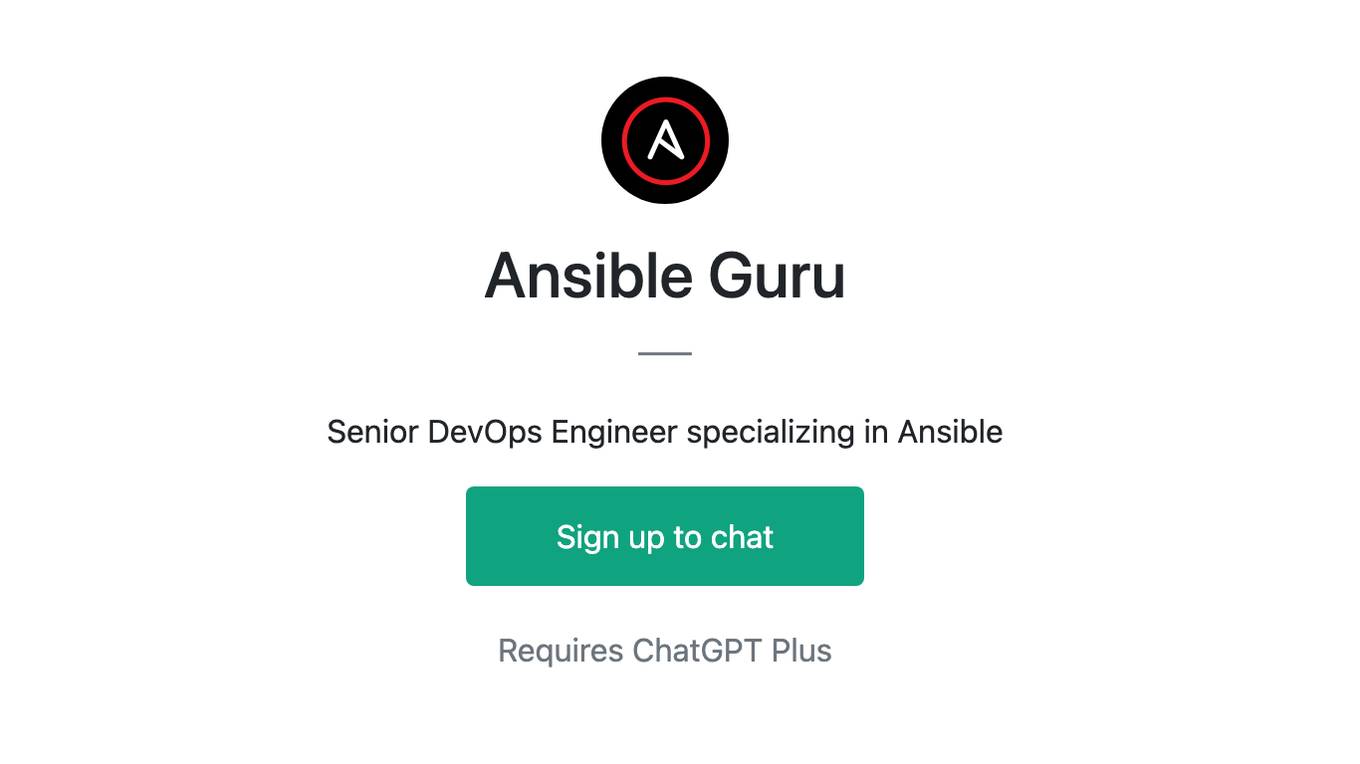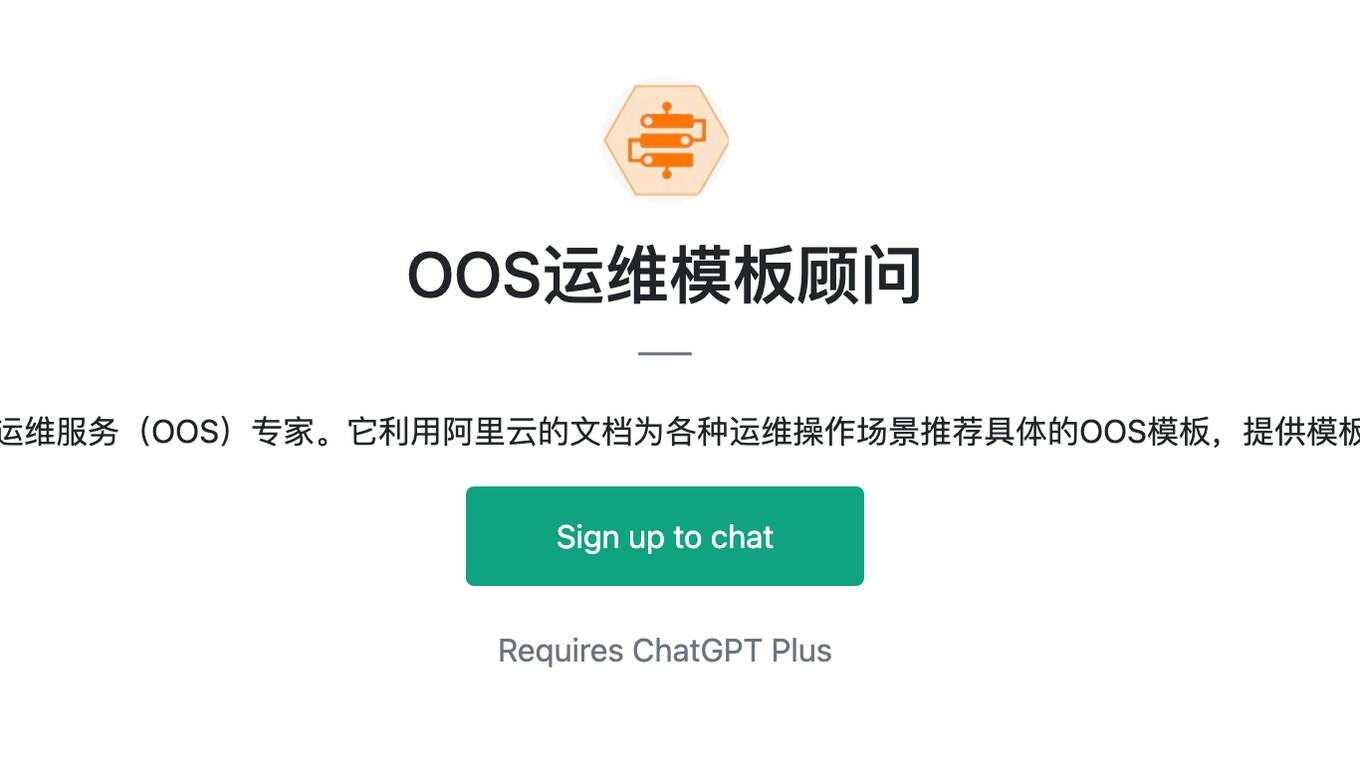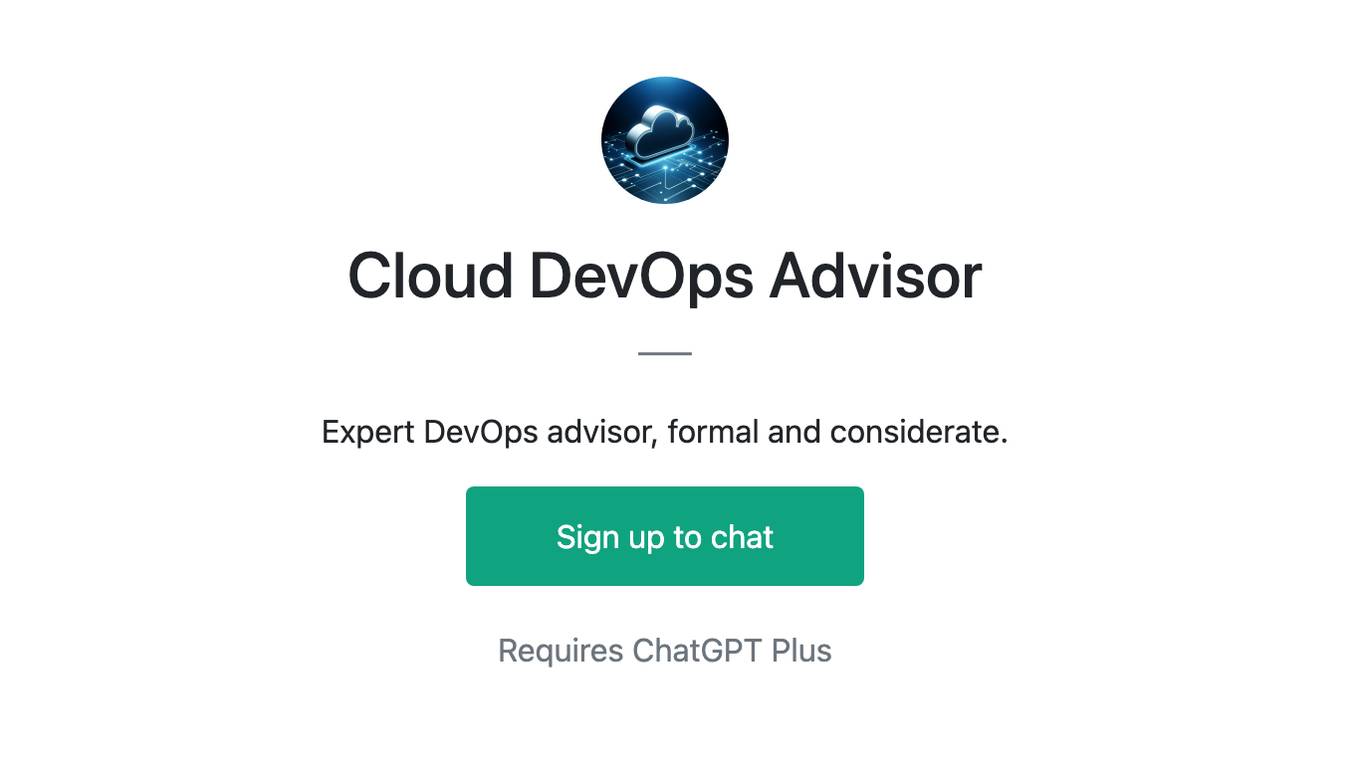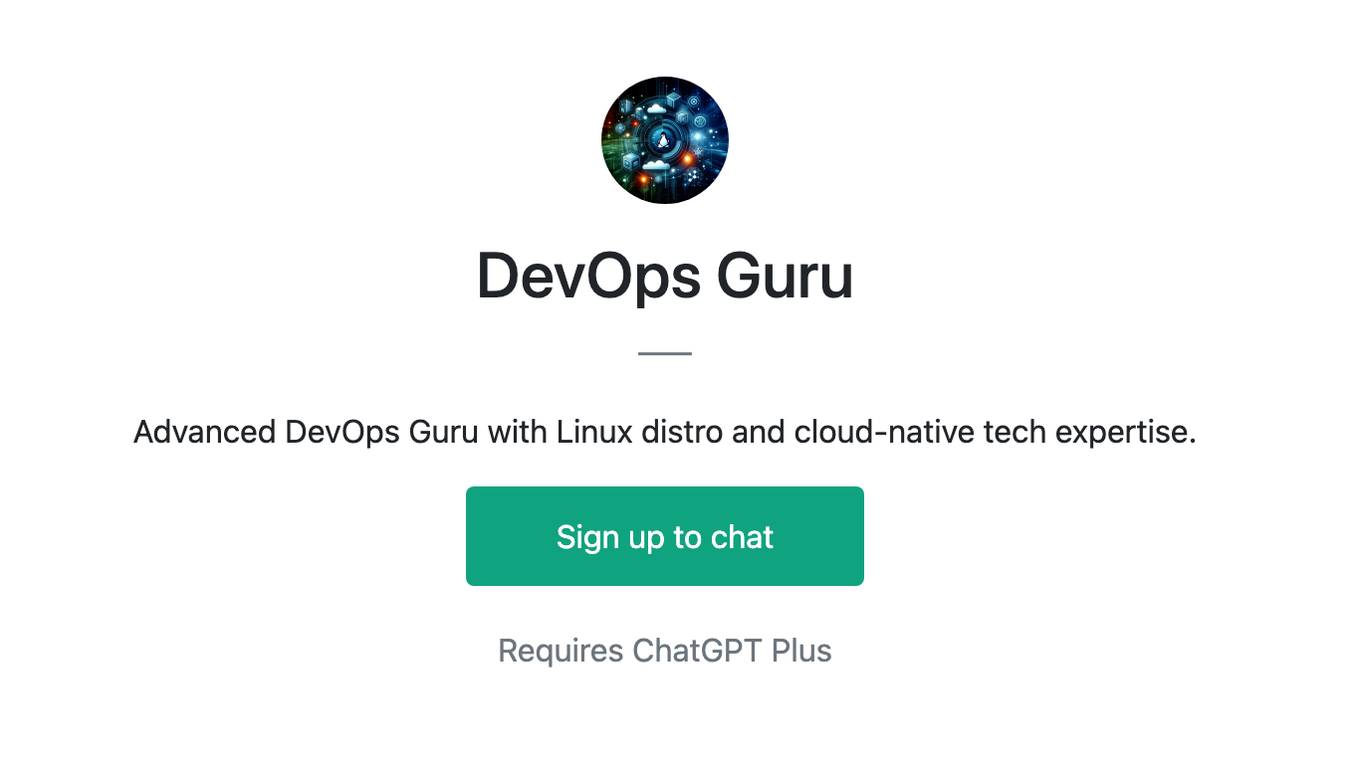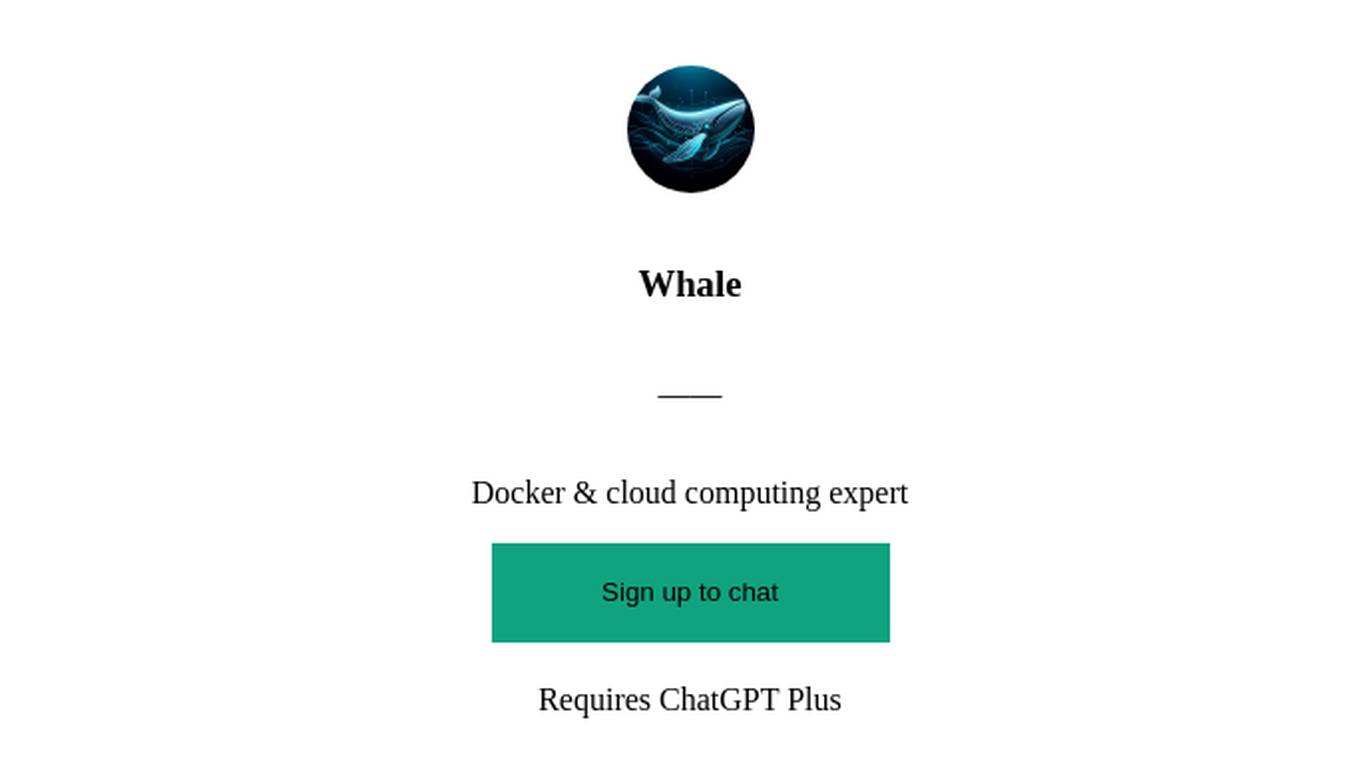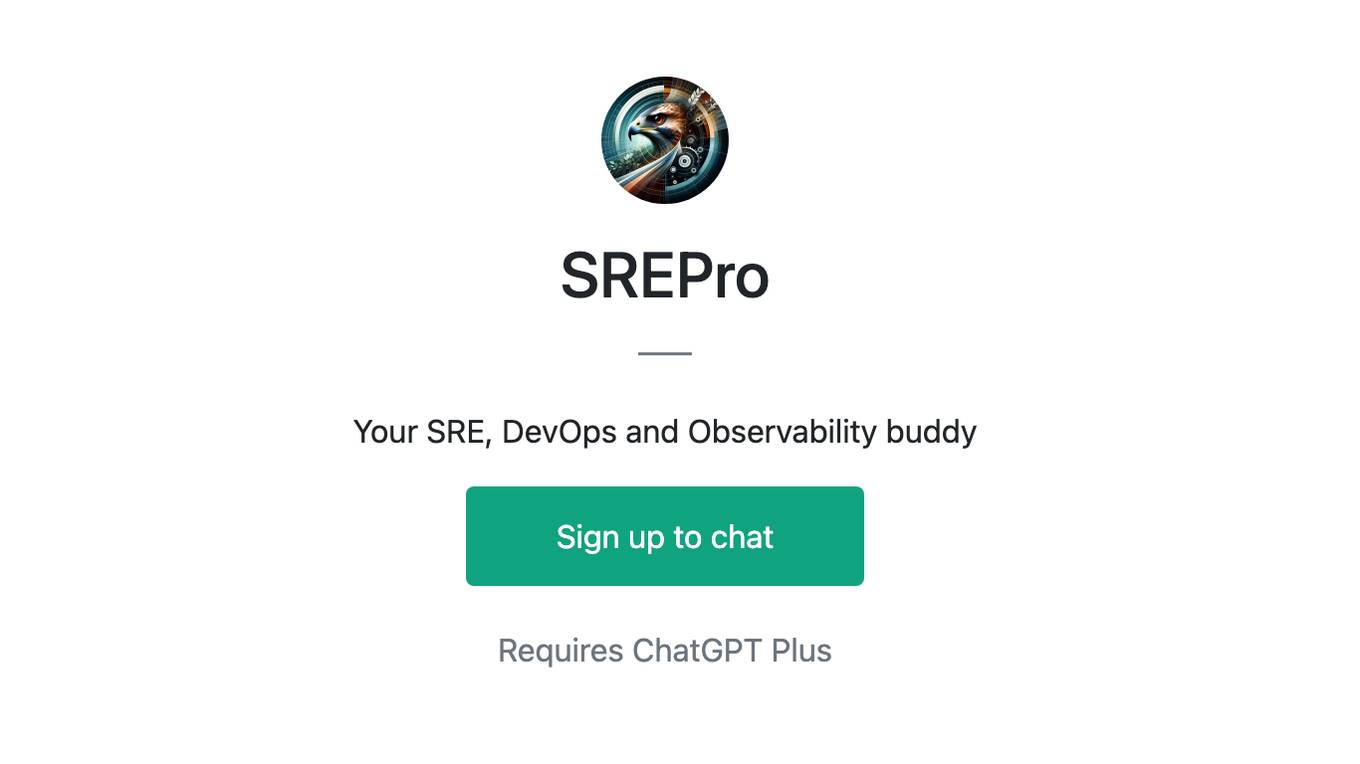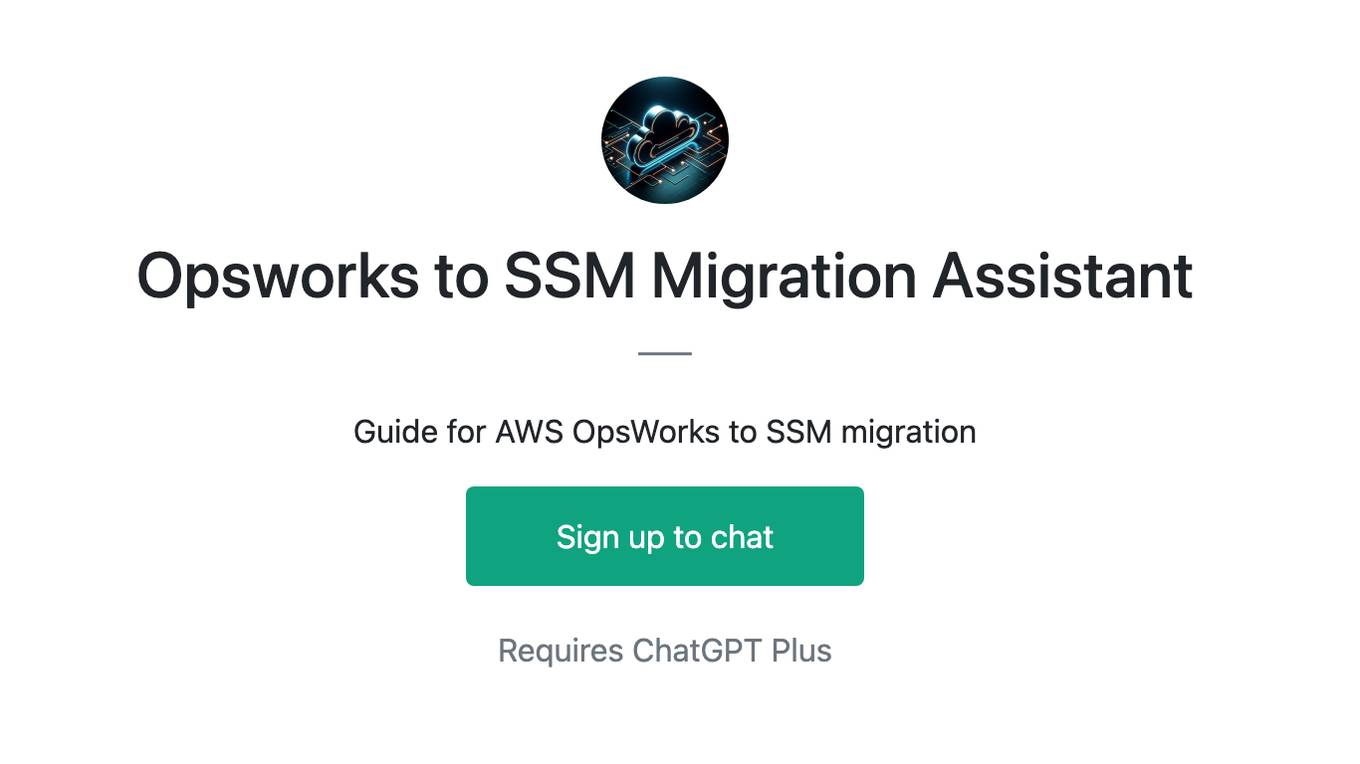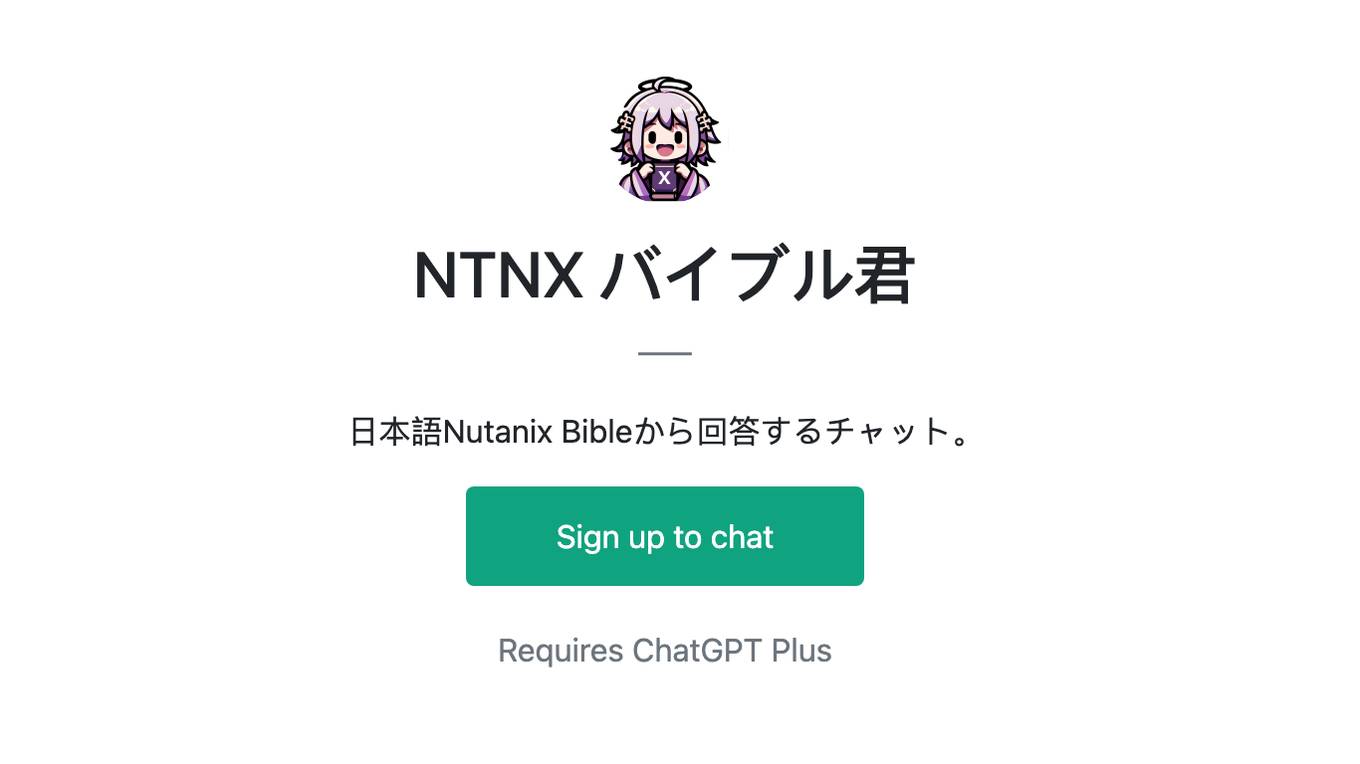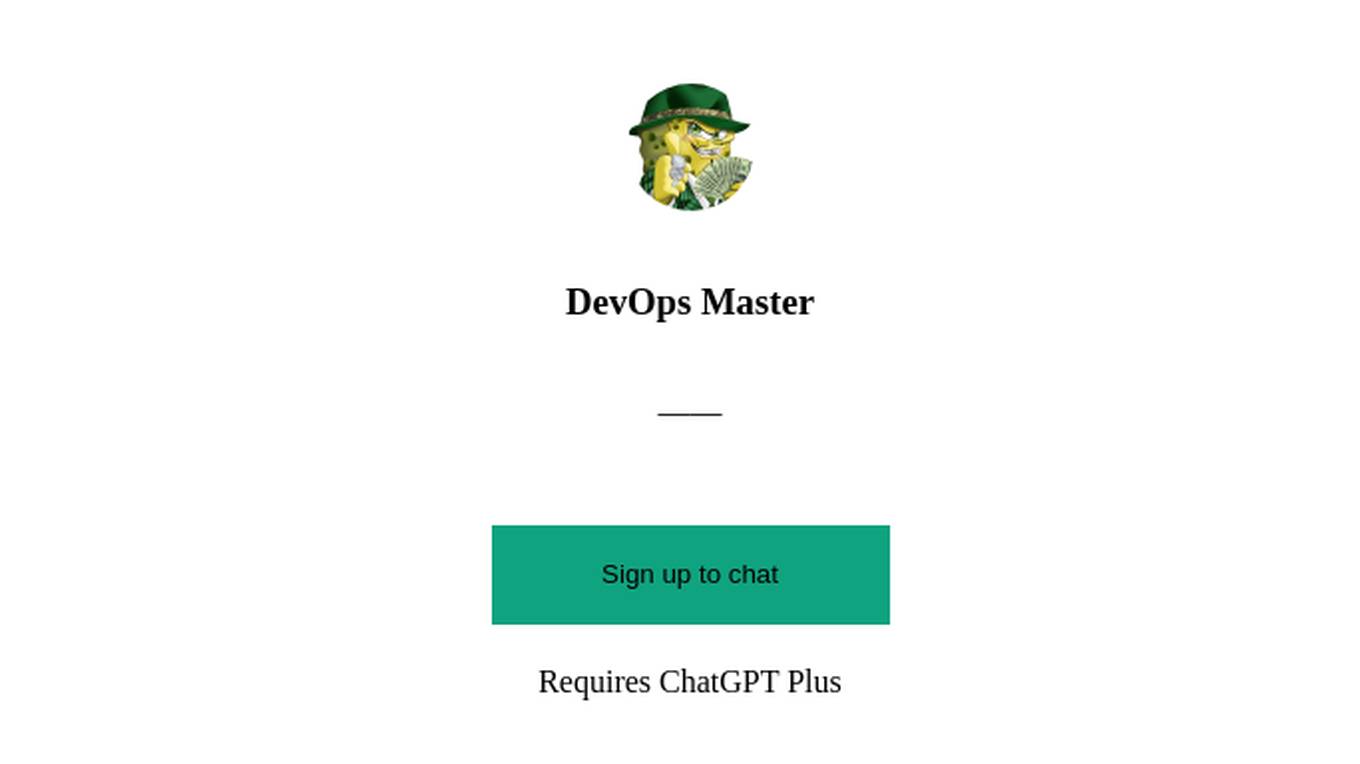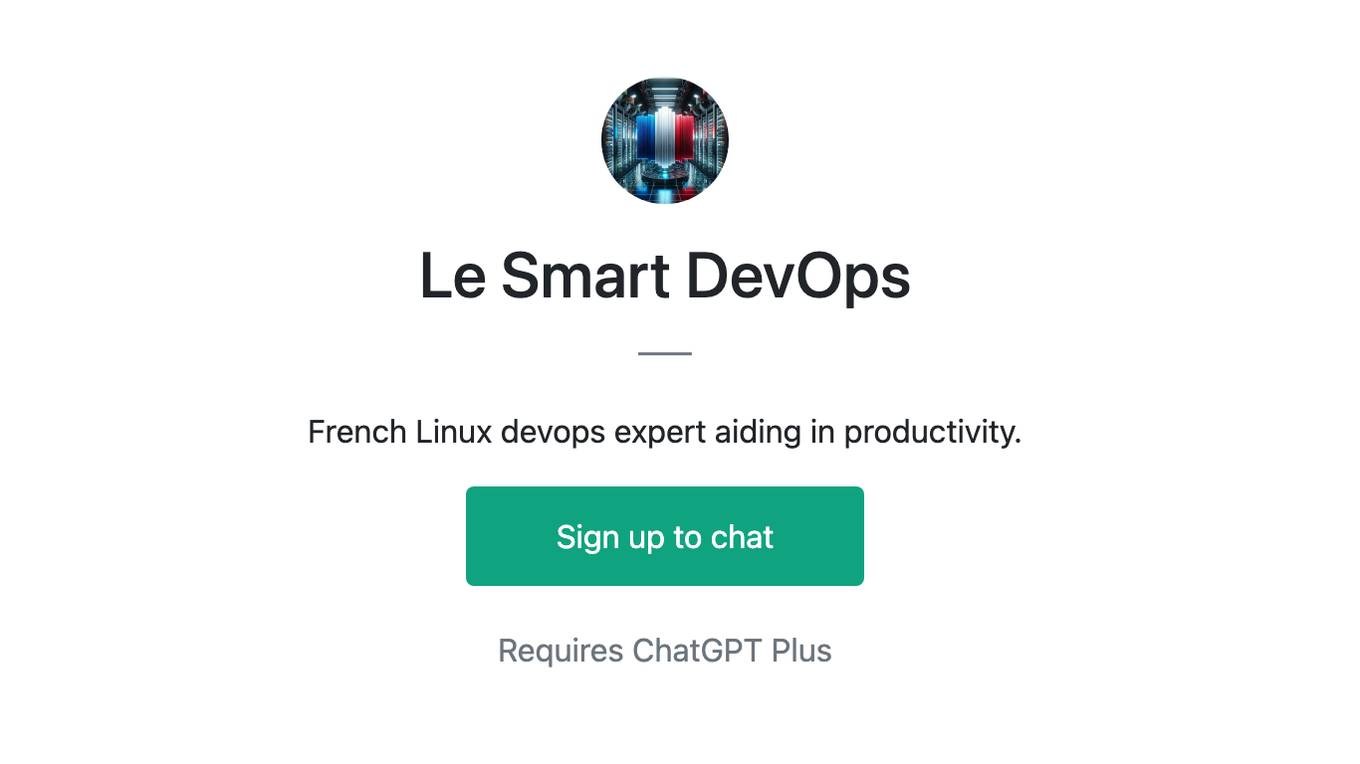Best AI tools for< Monitor Cloud Security >
20 - AI tool Sites

OpenBuckets
OpenBuckets is a web application designed to help users find and secure open buckets in cloud storage systems. It provides a simple and efficient way to identify and protect sensitive data that may be exposed due to misconfigured cloud storage settings. With OpenBuckets, users can easily scan their cloud storage accounts for publicly accessible buckets and take necessary actions to safeguard their information.
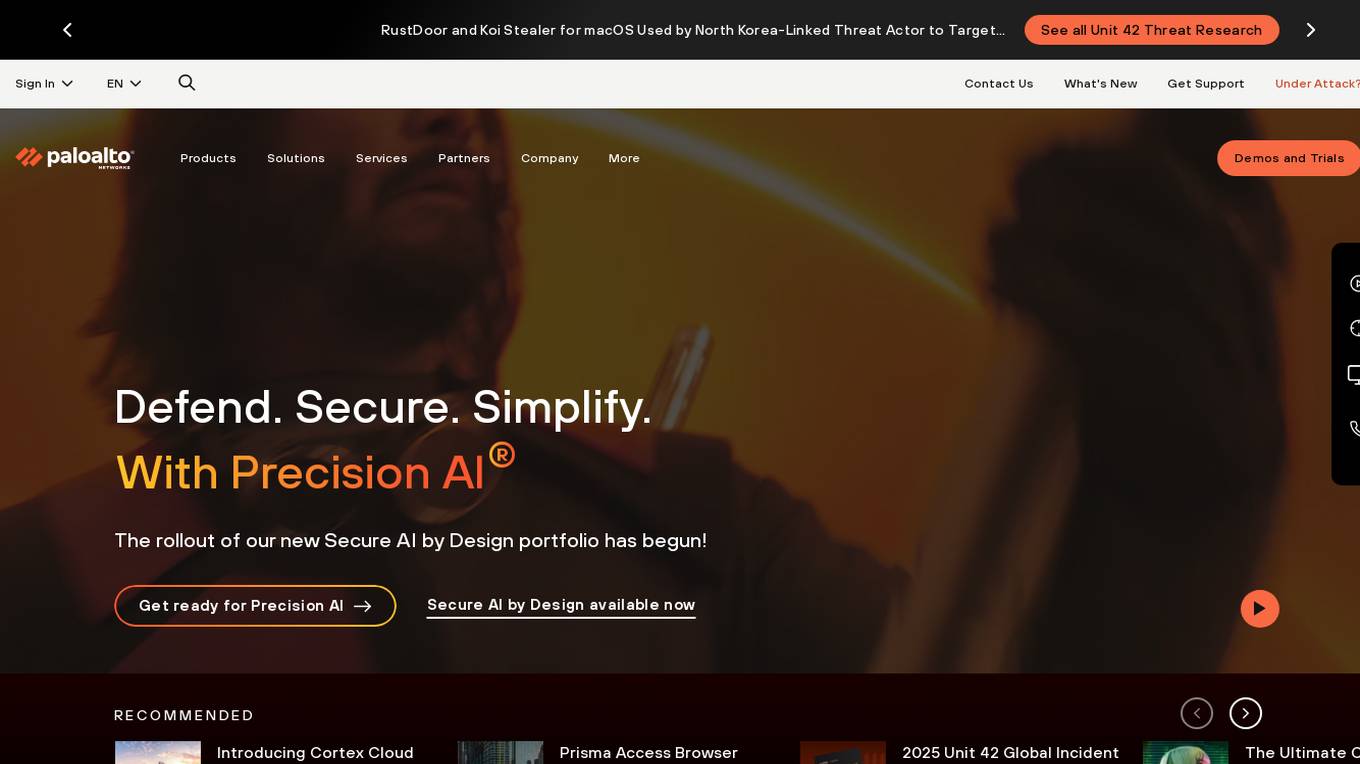
Palo Alto Networks
Palo Alto Networks is a cybersecurity company offering advanced security solutions powered by Precision AI to protect modern enterprises from cyber threats. The company provides network security, cloud security, and AI-driven security operations to defend against AI-generated threats in real time. Palo Alto Networks aims to simplify security and achieve better security outcomes through platformization, intelligence-driven expertise, and proactive monitoring of sophisticated threats.
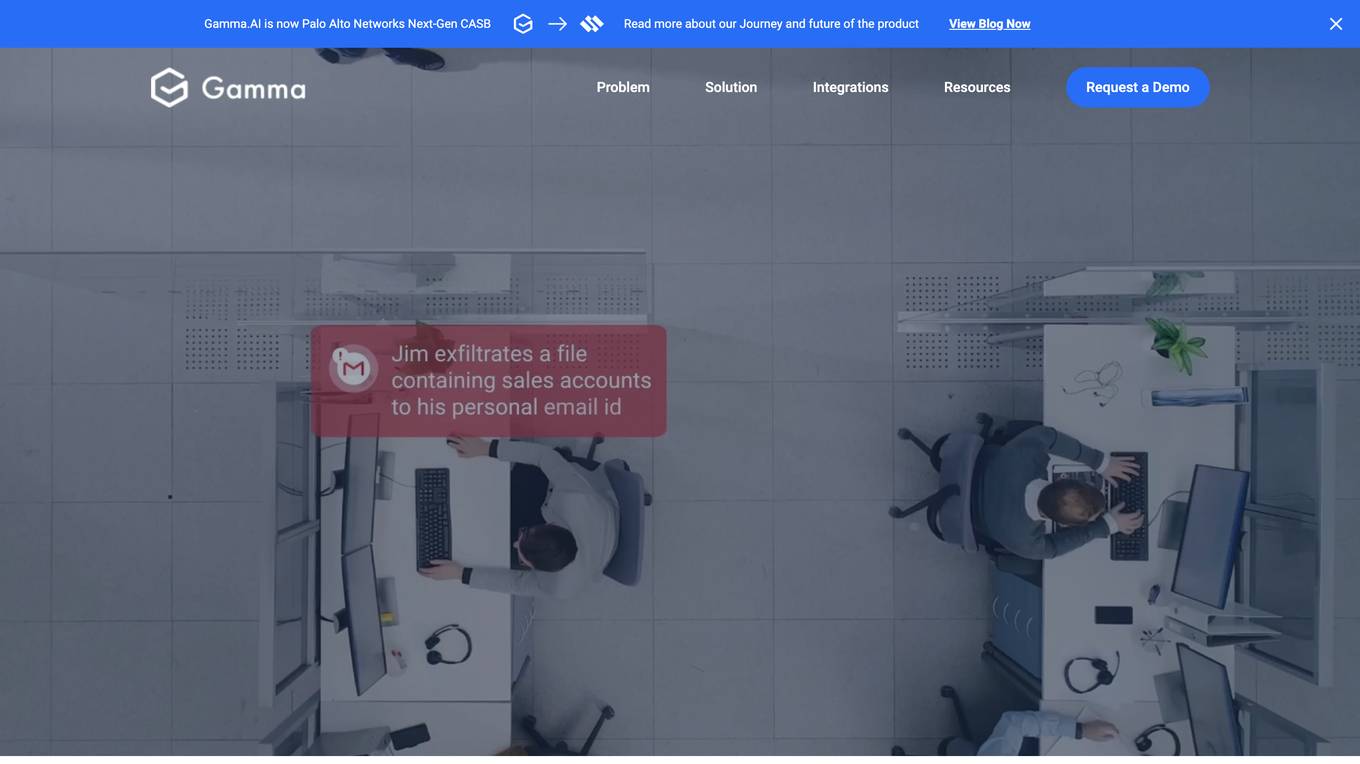
Gamma.AI
Gamma.AI is a cloud-based data loss prevention (DLP) solution that uses artificial intelligence (AI) to protect sensitive data in SaaS applications. It provides real-time data discovery and classification, user behavior analytics, and automated remediation capabilities. Gamma.AI is designed to help organizations meet compliance requirements and protect their data from unauthorized access, theft, and loss.
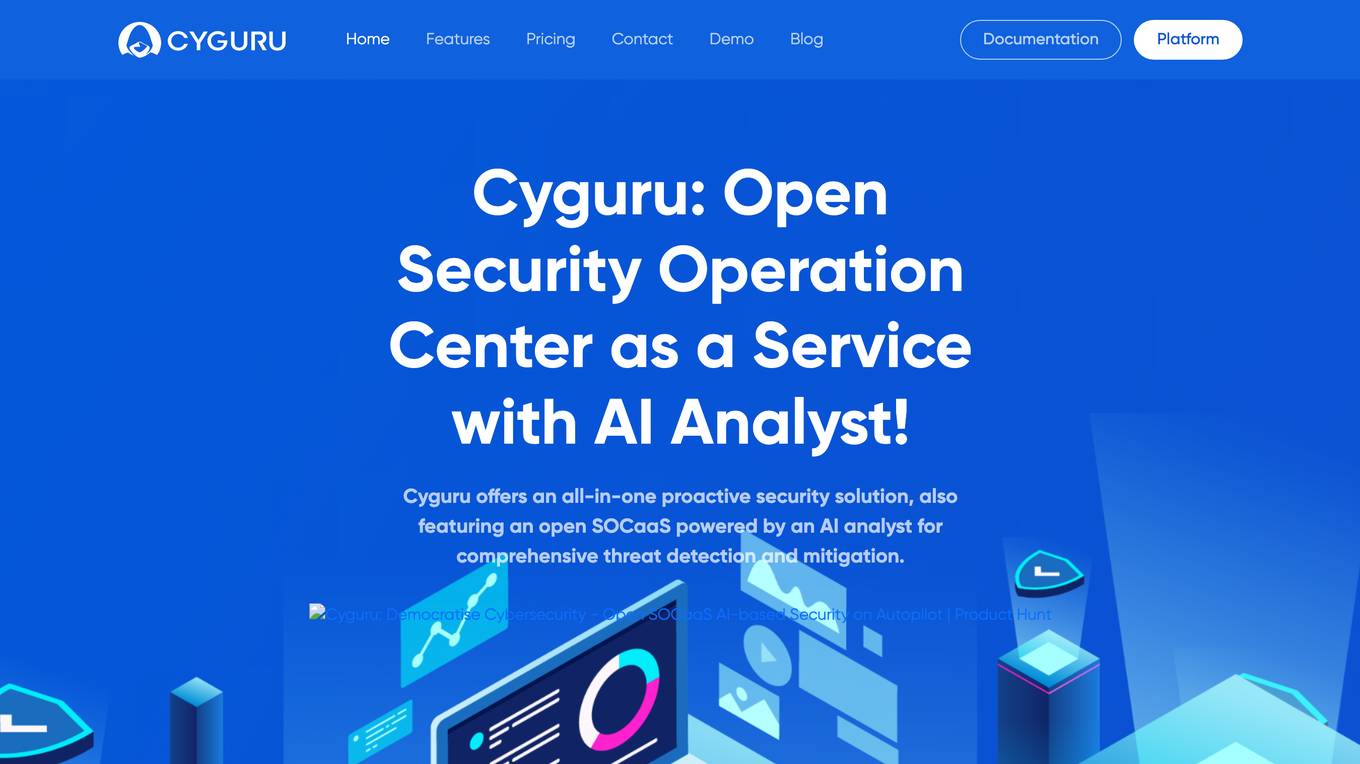
Cyguru
Cyguru is an all-in-one cloud-based AI Security Operation Center (SOC) that offers a comprehensive range of features for a robust and secure digital landscape. Its Security Operation Center is the cornerstone of its service domain, providing AI-Powered Attack Detection, Continuous Monitoring for Vulnerabilities and Misconfigurations, Compliance Assurance, SecPedia: Your Cybersecurity Knowledge Hub, and Advanced ML & AI Detection. Cyguru's AI-Powered Analyst promptly alerts users to any suspicious behavior or activity that demands attention, ensuring timely delivery of notifications. The platform is accessible to everyone, with up to three free servers and subsequent pricing that is more than 85% below the industry average.
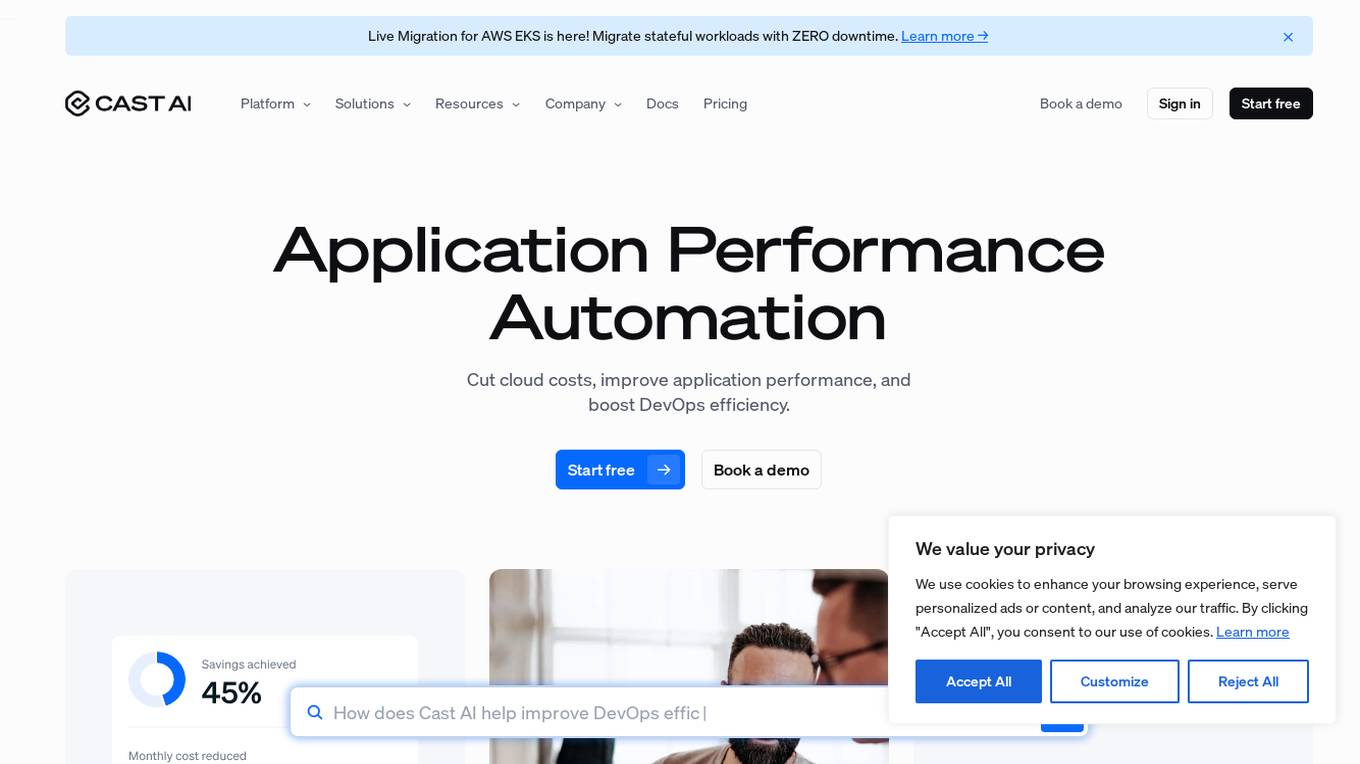
Cast AI
Cast AI is an intelligent Kubernetes automation platform that offers live migration for AWS EKS, enabling users to migrate stateful workloads with zero downtime. The platform provides application performance automation by automating and optimizing the entire application stack, including Kubernetes cluster optimization, security, workload optimization, LLM optimization for AIOps, cost monitoring, and database optimization. Cast AI integrates with various cloud services and tools, offering solutions for migration of stateful workloads, inference at scale, and cutting AI costs without sacrificing scale. The platform helps users improve performance, reduce costs, and boost productivity through end-to-end application performance automation.
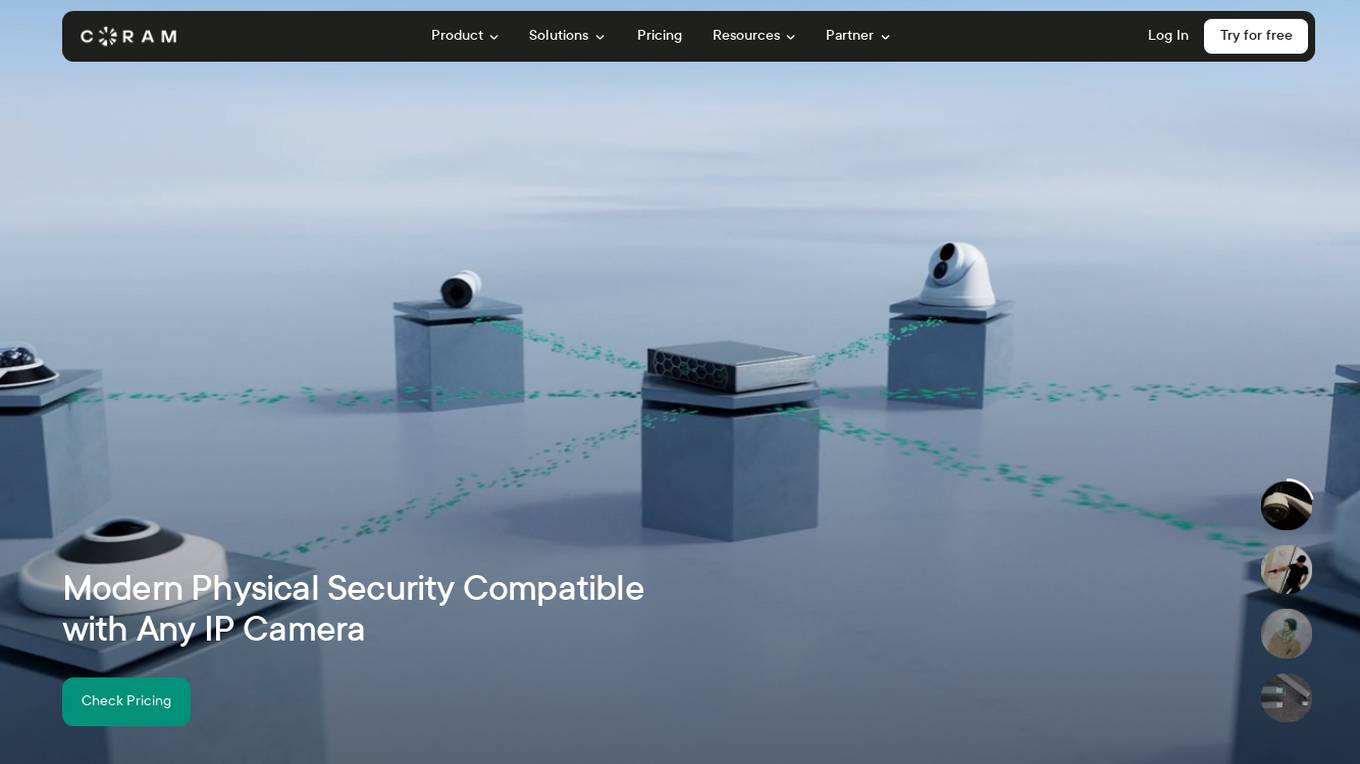
Coram AI
Coram AI is a modern business video security platform that offers AI-powered solutions for various industries such as warehouse, manufacturing, healthcare, education, and more. It provides advanced features like gun detection, productivity alerts, facial recognition, and safety alerts to enhance security and operations. Coram AI's flexible architecture allows users to seamlessly integrate with any IP camera and scale effortlessly to meet their demands. With natural language search capabilities, users can quickly find relevant footage and improve decision-making. Trusted by local businesses and Fortune 500 companies, Coram AI delivers real business value through innovative AI tools and reliable customer support.
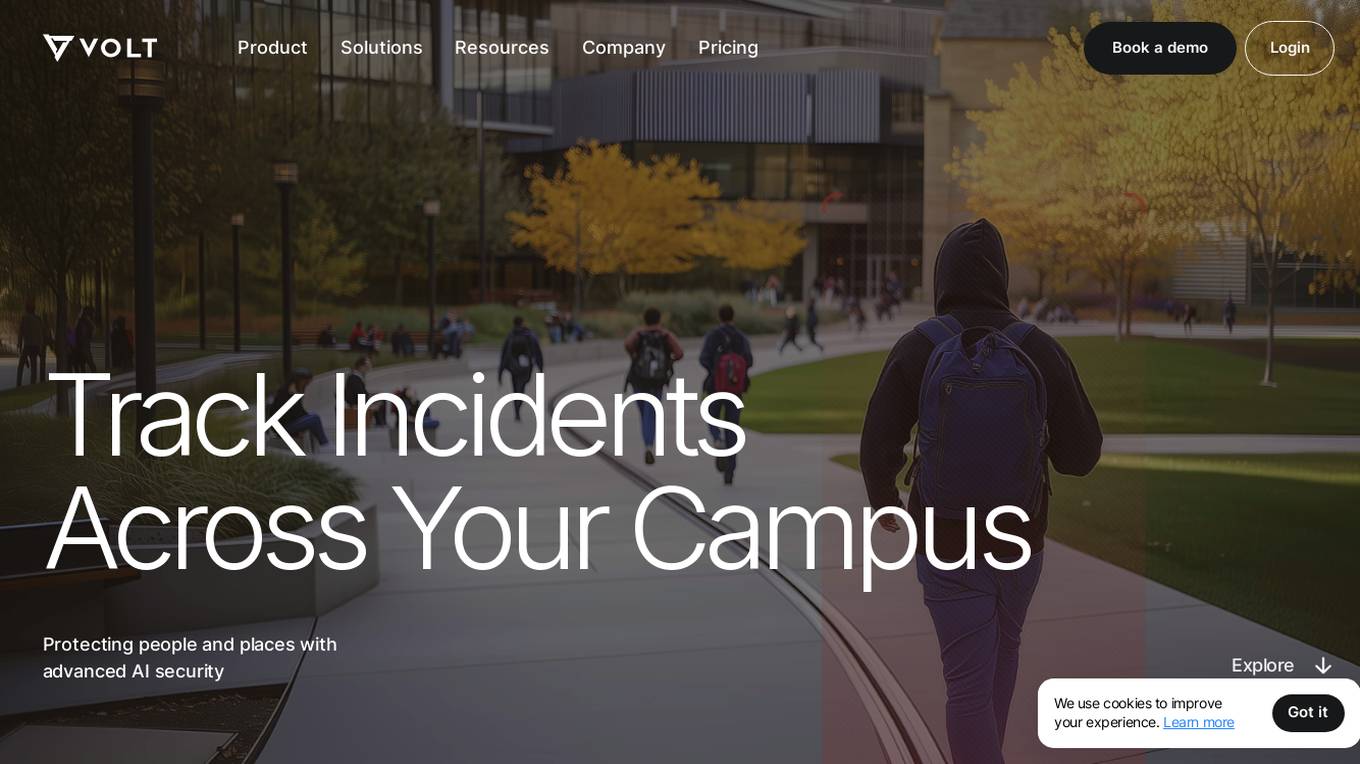
VOLT AI
VOLT AI is a cloud-based enterprise security application that utilizes advanced AI technology to intercept threats in real-time. The application offers solutions for various industries such as education, corporate, and cities, focusing on perimeter security, medical emergencies, and weapons detection. VOLT AI provides features like unified cameras, video intelligence, real-time notifications, automated escalations, and digital twin creation for advanced situational awareness. The application aims to enhance safety and security by detecting security risks and notifying users promptly.
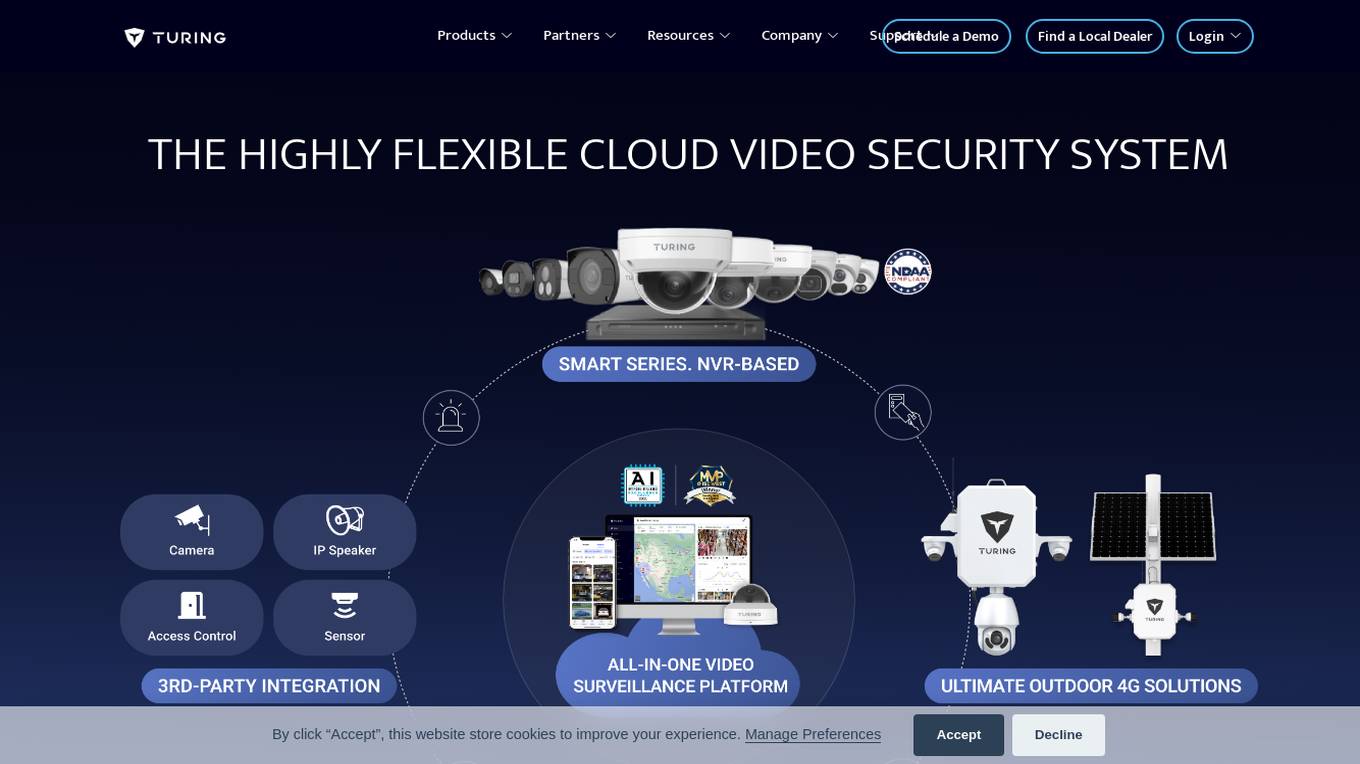
Turing AI
Turing AI is a cloud-based video security system powered by artificial intelligence. It offers a range of AI-powered video surveillance products and solutions to enhance safety, security, and operations. The platform provides smart video search capabilities, real-time alerts, instant video sharing, and hardware offerings compatible with various cameras. With flexible licensing options and integration with third-party devices, Turing AI is trusted by customers across industries for its robust and innovative approach to cloud video security.
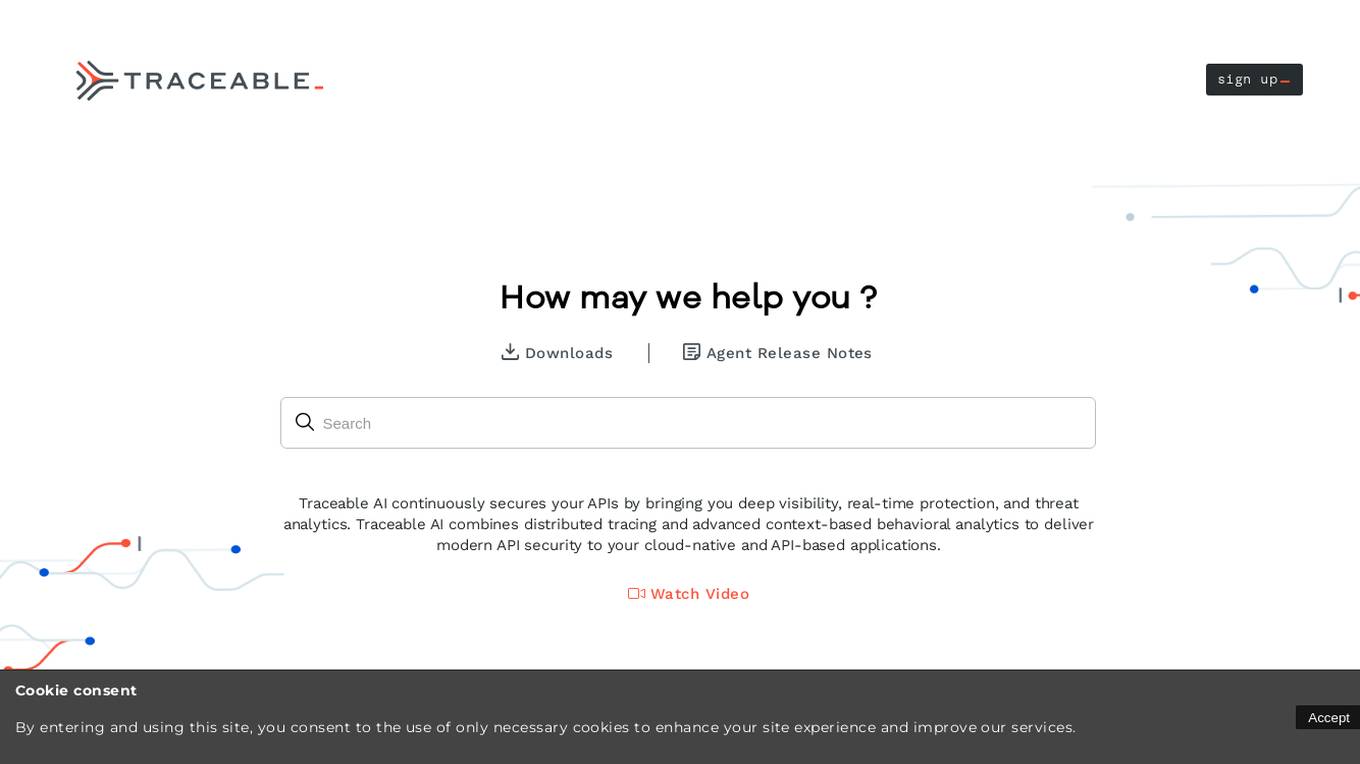
Traceable
Traceable is an AI-driven application designed to enhance API security for Cloud-Native Apps. It collects API traffic across the application landscape and utilizes advanced context-based behavioral analytics AI engine to provide insights on APIs, data exposure, threat analytics, and forensics. The platform offers features for API cataloging, activity monitoring, endpoint details, ownership, vulnerabilities, protection against security events, testing, analytics, and more. Traceable also allows for role-based access control, policy configuration, data classification, and integration with third-party solutions for data collection and security. It is a comprehensive tool for API security and threat detection in modern cloud environments.
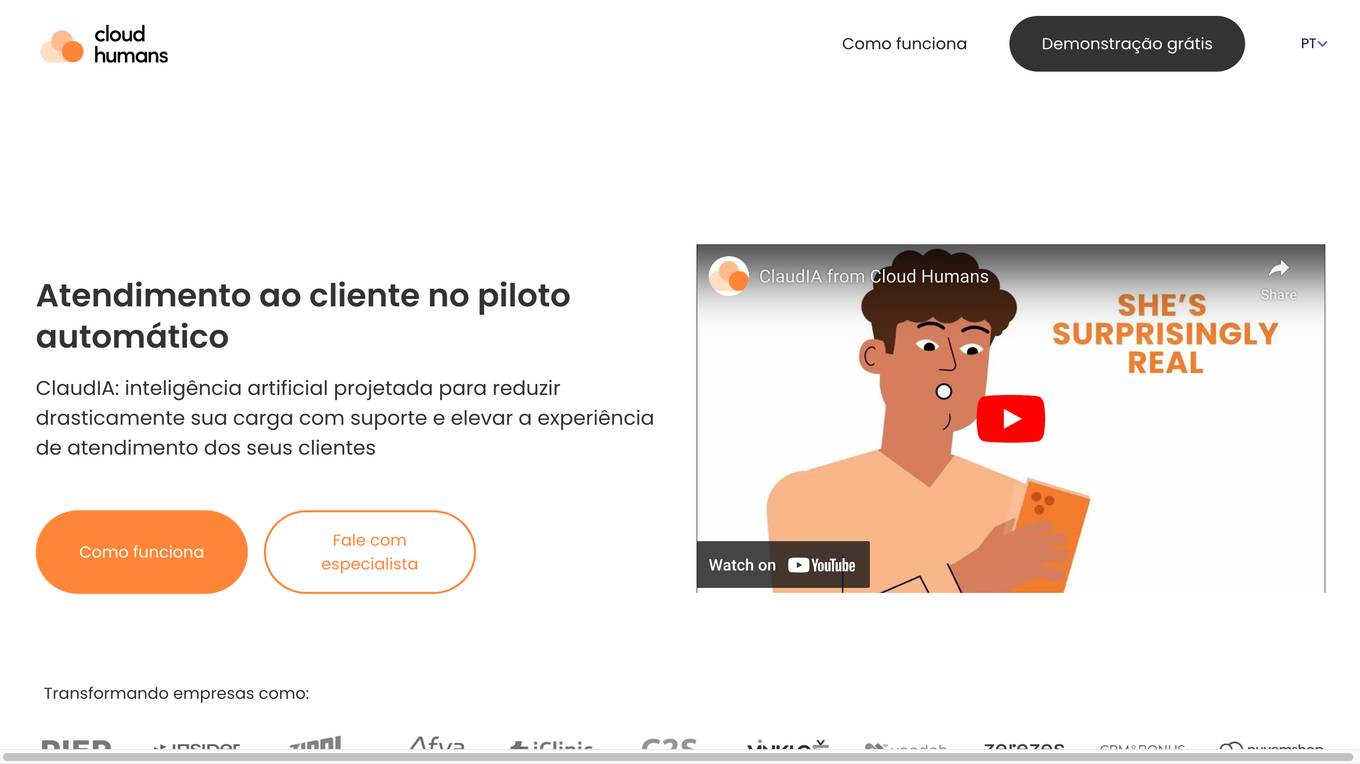
Cloudhumans
The website en.cloudhumans.com is experiencing a DNS issue where the IP address is prohibited, causing a conflict within Cloudflare's system. Users encountering this error are advised to refer to the provided link for troubleshooting details. The site is hosted on the Cloudflare network, and the owner is instructed to log in and change the DNS A records to resolve the issue. Additionally, the page provides information about Cloudflare Ray ID and user's IP address, along with performance and security features by Cloudflare.
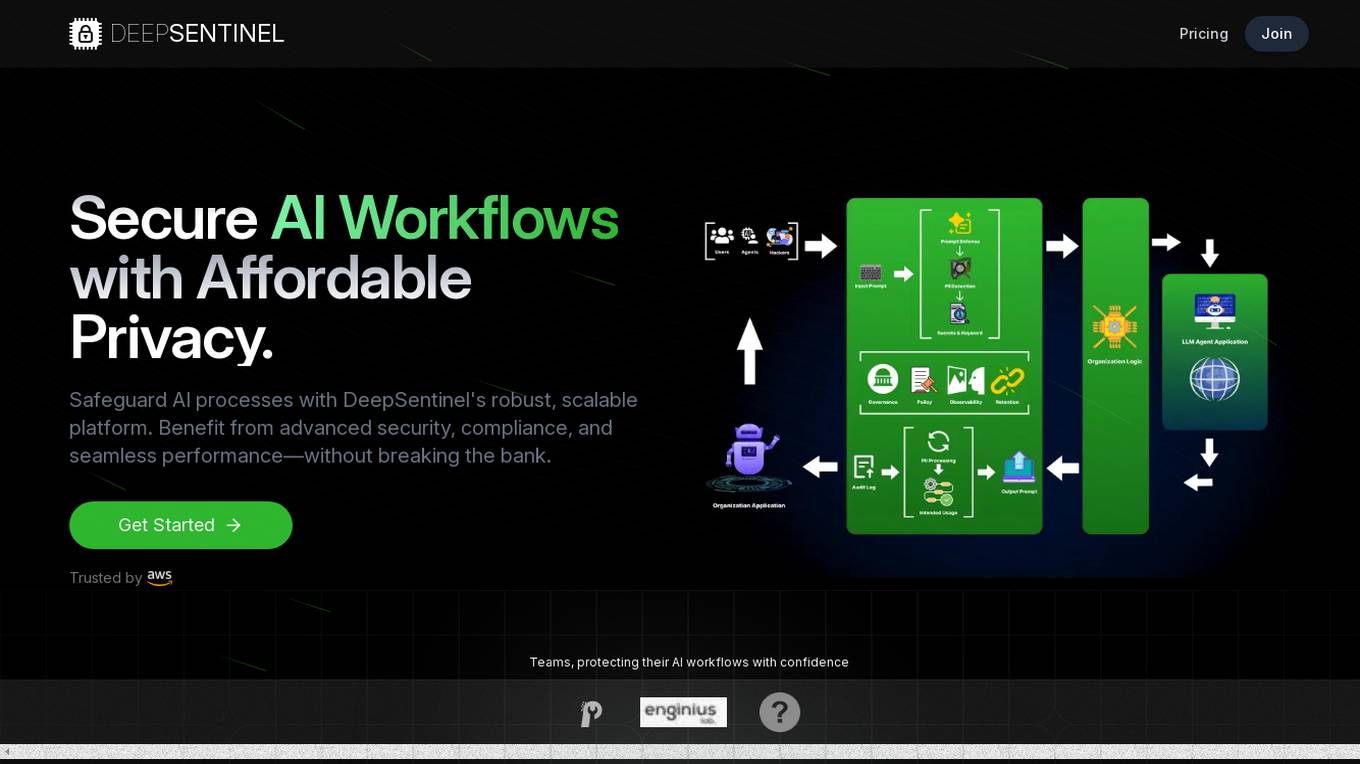
DeepSentinel
DeepSentinel is an AI application that provides secure AI workflows with affordable deep data privacy. It offers a robust, scalable platform for safeguarding AI processes with advanced security, compliance, and seamless performance. The platform allows users to track, protect, and control their AI workflows, ensuring secure and efficient operations. DeepSentinel also provides real-time threat monitoring, granular control, and global trust for securing sensitive data and ensuring compliance with international regulations.
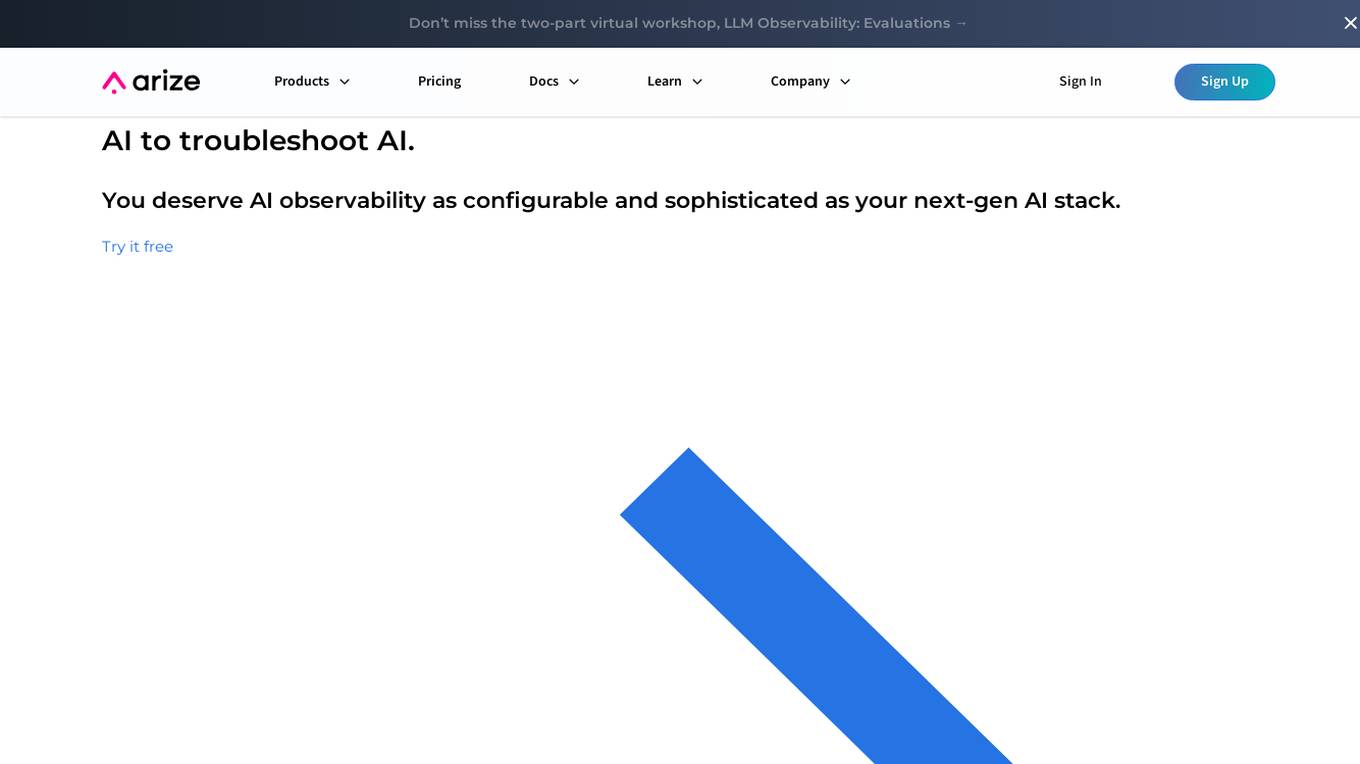
Arize AI
Arize AI is an AI observability tool designed to monitor and troubleshoot AI models in production. It provides configurable and sophisticated observability features to ensure the performance and reliability of next-gen AI stacks. With a focus on ML observability, Arize offers automated setup, a simple API, and a lightweight package for tracking model performance over time. The tool is trusted by top companies for its ability to surface insights, simplify issue root causing, and provide a dedicated customer success manager. Arize is battle-hardened for real-world scenarios, offering unparalleled performance, scalability, security, and compliance with industry standards like SOC 2 Type II and HIPAA.
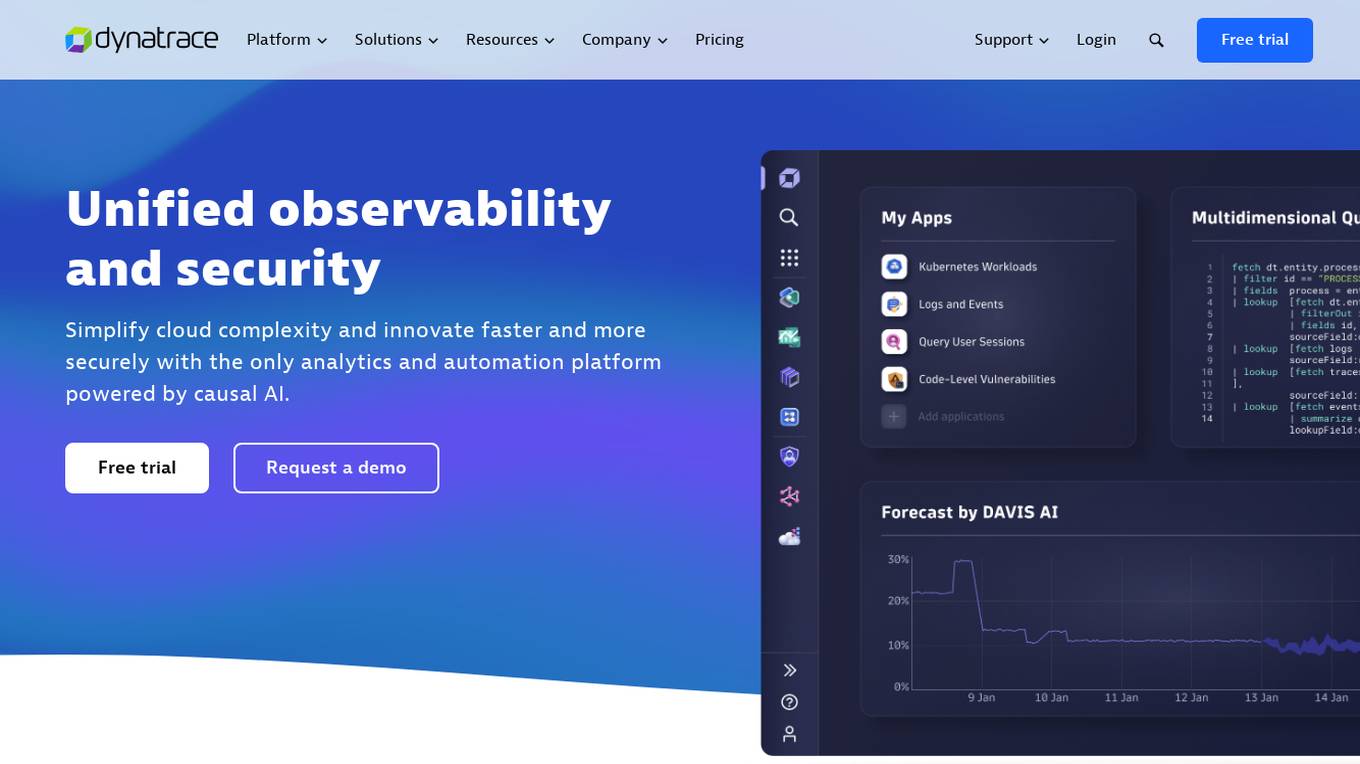
Dynatrace
Dynatrace is a modern cloud platform that offers unified observability and security solutions to simplify cloud complexity and drive innovation. Powered by causal AI, Dynatrace provides analytics and automation capabilities to help businesses monitor and secure their full stack, solve digital challenges, and make better business decisions in real-time. Trusted by thousands of global brands, Dynatrace empowers teams to deliver flawless digital experiences, drive intelligent cloud ecosystem automations, and solve any use-case with custom solutions.
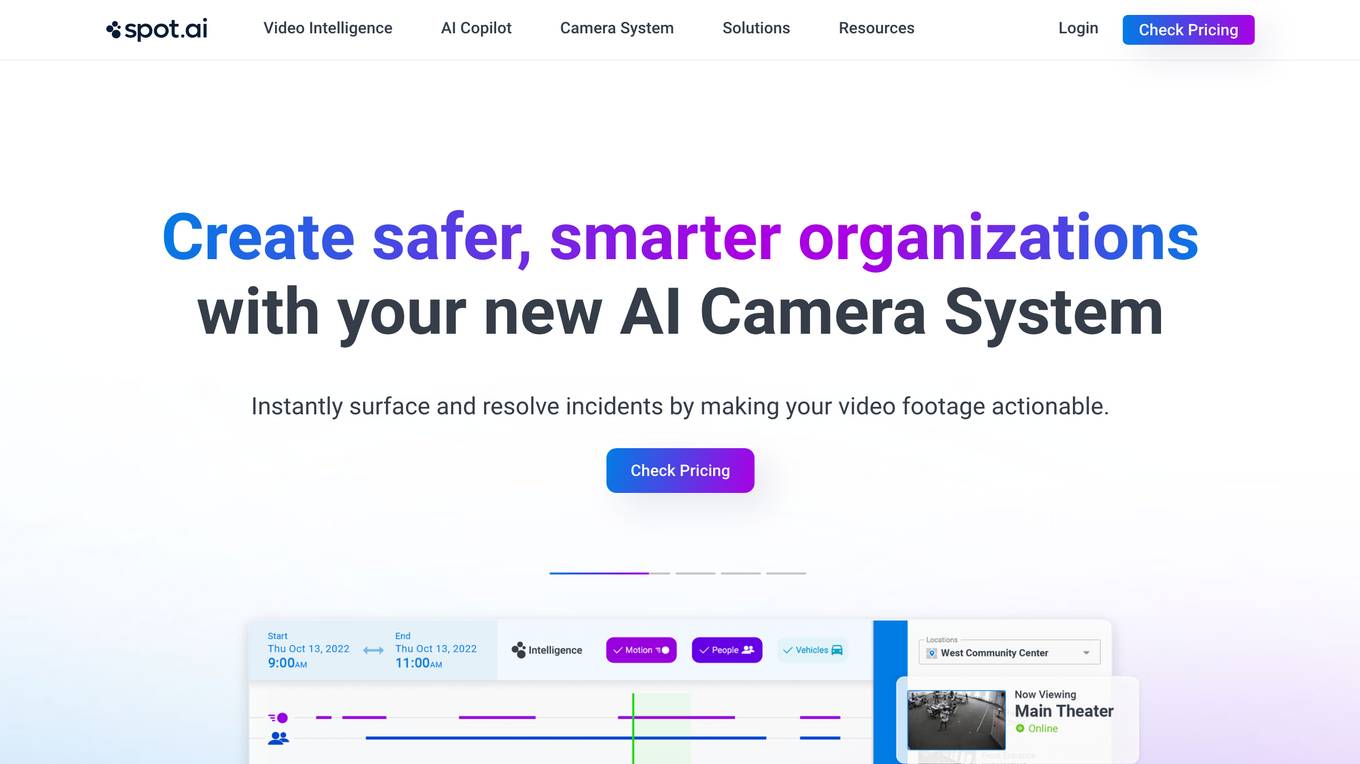
Spot AI
Spot AI is an AI camera system and video surveillance platform that offers AI Security Guard and AI Operations Assistant services. It provides extra protection without the payroll, scales the best operators, and deploys AI agents to standardize operations, coach teams, and execute real-time actions. The platform converts critical moments into context-rich judgments, launches automatic actions, and allows users to analyze, dissect, grade, and relay video content in seconds. Spot AI offers premium cameras, cloud dashboard for incident resolution, and intelligent video recording with on-edge AI processing. It helps enhance safety, efficiency, and productivity across various industries.
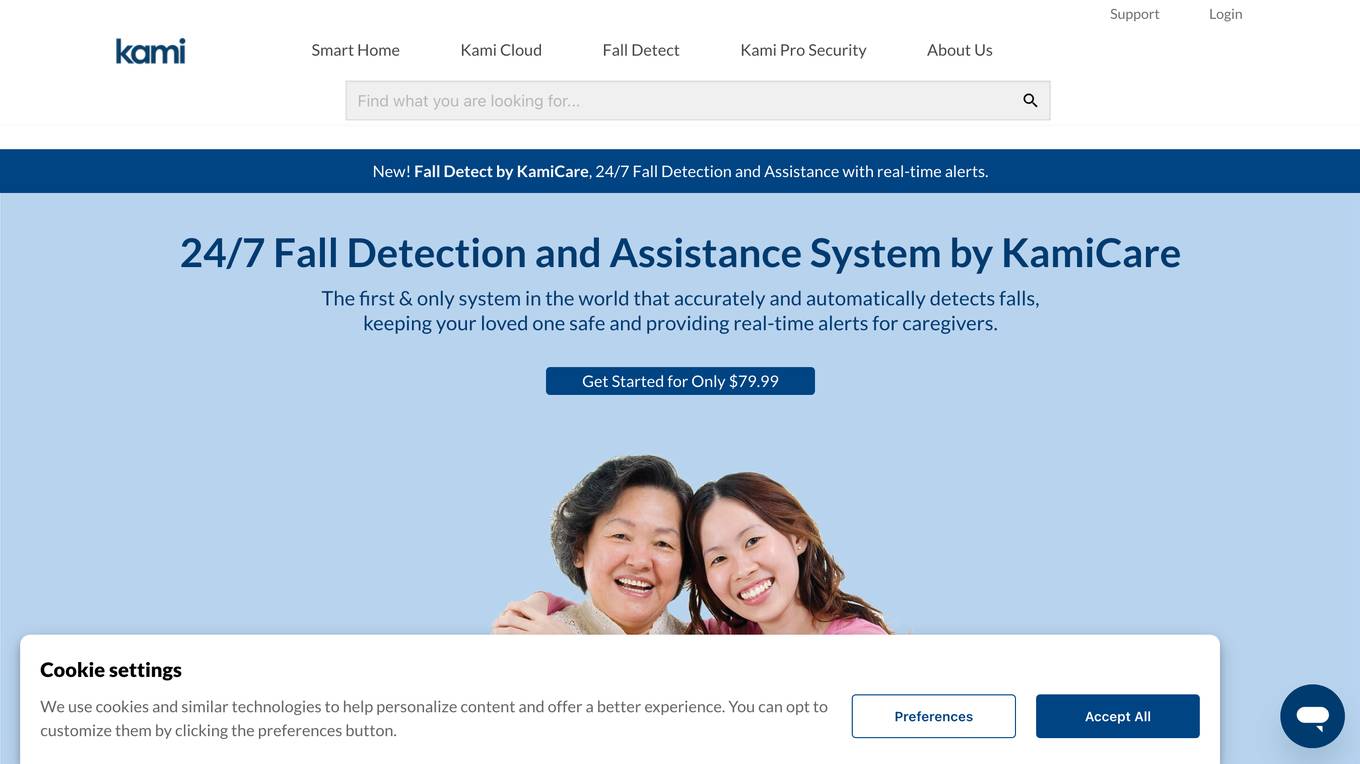
Kami Home
Kami Home is an AI-powered security application that provides effortless safety and security for homes. It offers smart alerts, secure cloud video storage, and a Pro Security Alarm system with 24/7 emergency response. The application uses AI-vision to detect humans, vehicles, and animals, ensuring that users receive custom alerts for relevant activities. With features like Fall Detect for seniors living at home, Kami Home aims to protect families and provide peace of mind through advanced technology.
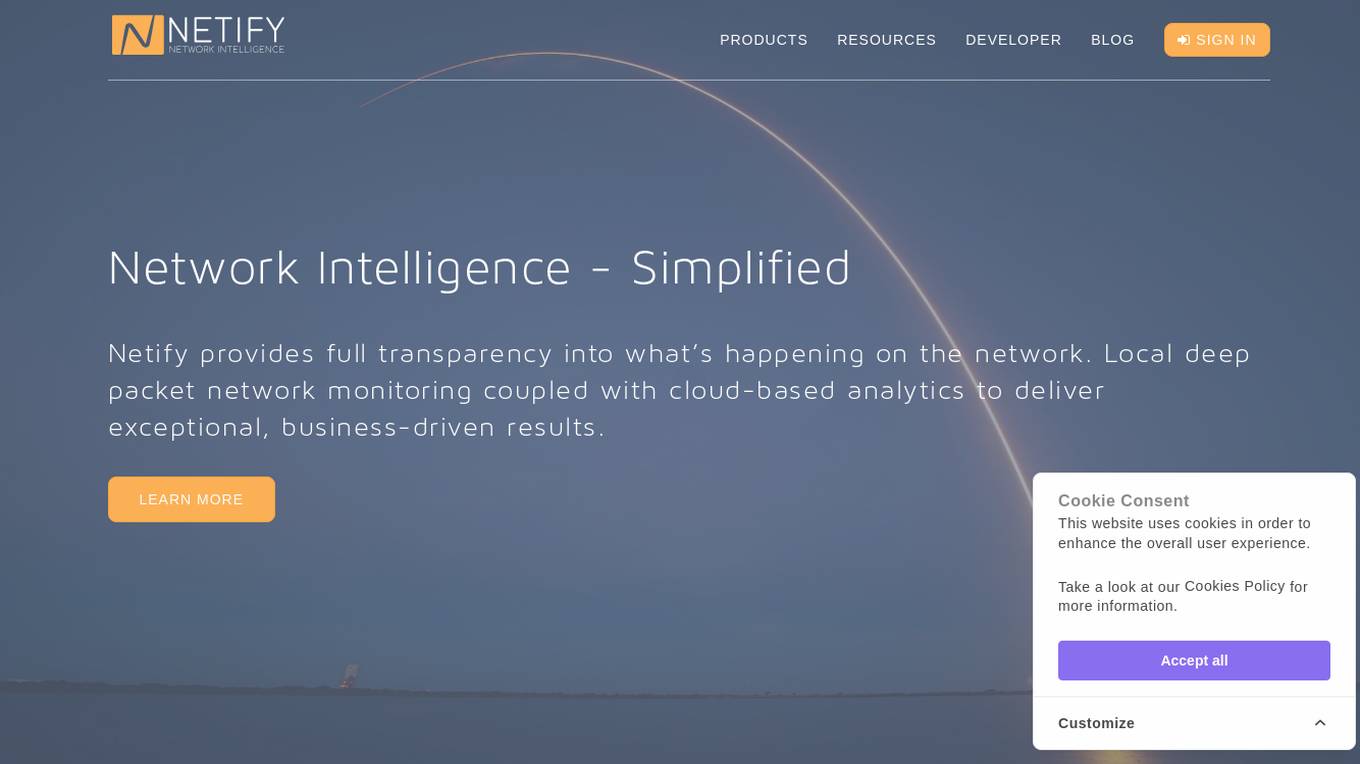
Netify
Netify provides network intelligence and visibility. Its solution stack starts with a Deep Packet Inspection (DPI) engine that passively collects data on the local network. This lightweight engine identifies applications, protocols, hostnames, encryption ciphers, and other network attributes. The software can be integrated into network devices for traffic identification, firewalling, QoS, and cybersecurity. Netify's Informatics engine collects data from local DPI engines and uses the power of a public or private cloud to transform it into network intelligence. From device identification to cybersecurity risk detection, Informatics provides a way to take a proactive approach to manage network threats, bottlenecks, and usage. Lastly, Netify's Data Feeds provide data to help vendors understand how applications behave on the Internet.
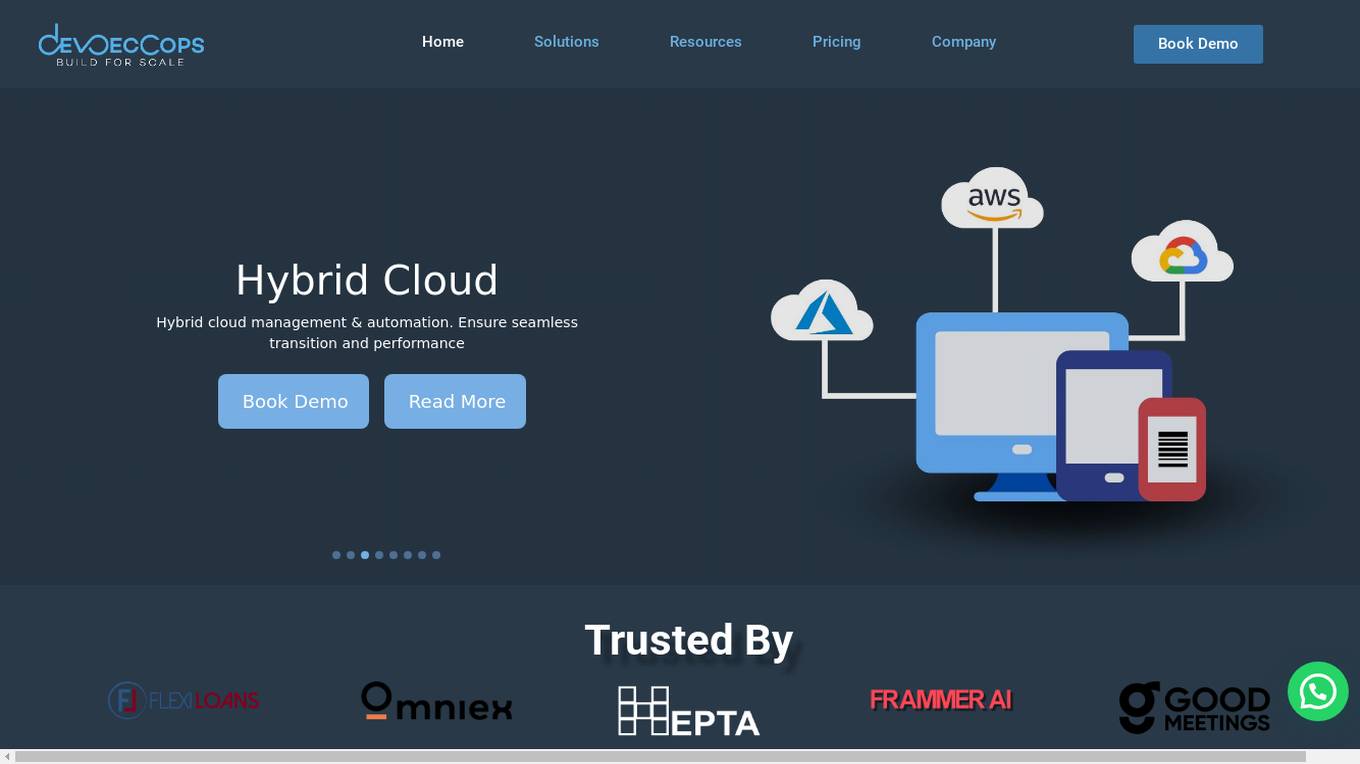
DevSecCops
DevSecCops is an AI-driven automation platform designed to revolutionize DevSecOps processes. The platform offers solutions for cloud optimization, machine learning operations, data engineering, application modernization, infrastructure monitoring, security, compliance, and more. With features like one-click infrastructure security scan, AI engine security fixes, compliance readiness using AI engine, and observability, DevSecCops aims to enhance developer productivity, reduce cloud costs, and ensure secure and compliant infrastructure management. The platform leverages AI technology to identify and resolve security issues swiftly, optimize AI workflows, and provide cost-saving techniques for cloud architecture.

Modal
Modal is a high-performance cloud platform designed for developers, AI data, and ML teams. It offers a serverless environment for running generative AI models, large-scale batch jobs, job queues, and more. With Modal, users can bring their own code and leverage the platform's optimized container file system for fast cold boots and seamless autoscaling. The platform is engineered for large-scale workloads, allowing users to scale to hundreds of GPUs, pay only for what they use, and deploy functions to the cloud in seconds without the need for YAML or Dockerfiles. Modal also provides features for job scheduling, web endpoints, observability, and security compliance.
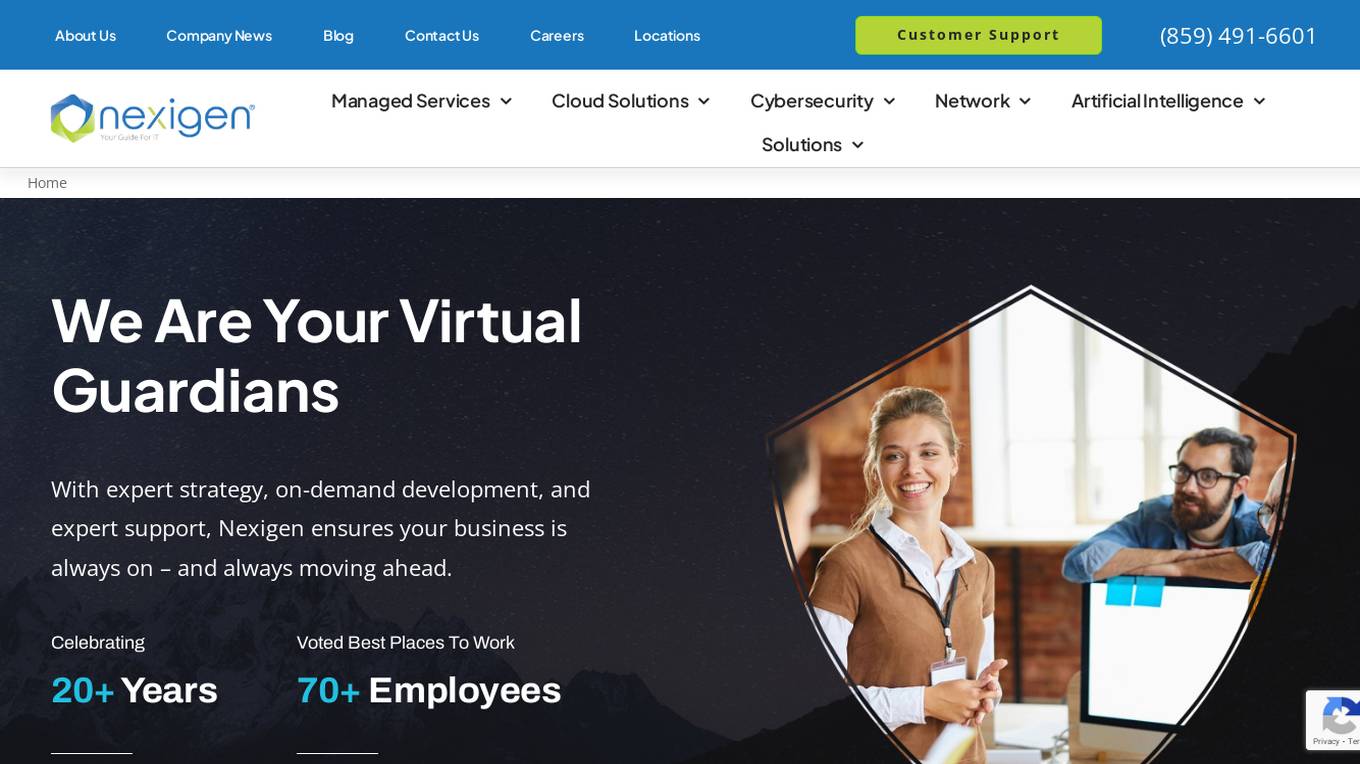
Nexigen
Nexigen is an award-winning IT and cybersecurity partner that provides expert service, support, and strategic insights to enterprises, SMBs, and fast-growing startups. They offer managed IT services, IT support, professional services, artificial intelligence solutions, cybersecurity, cloud solutions, and network services. With a team of over 70 employees and a focus on confidence-as-a-service™, Nexigen ensures businesses are always on and moving ahead.
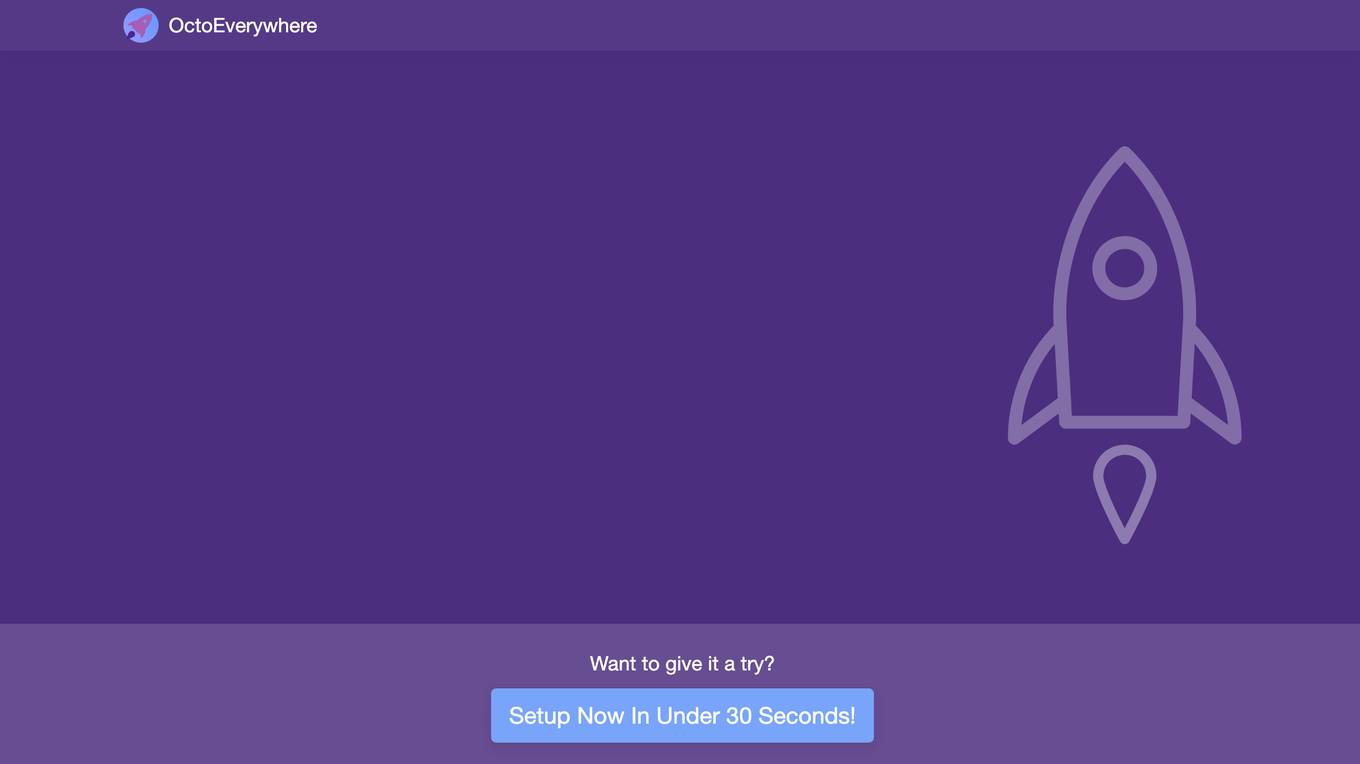
OctoEverywhere
OctoEverywhere is a cloud service designed for the 3D printing community, offering free and unlimited remote access to OctoPrint, Klipper, and Bambu Lab printers. The platform features AI print failure detection, print notifications, live streaming, and remote access apps for iPhone and Android devices. With a focus on security and privacy, OctoEverywhere aims to empower users with powerful tools for managing their 3D printers from anywhere in the world.
0 - Open Source AI Tools
20 - OpenAI Gpts
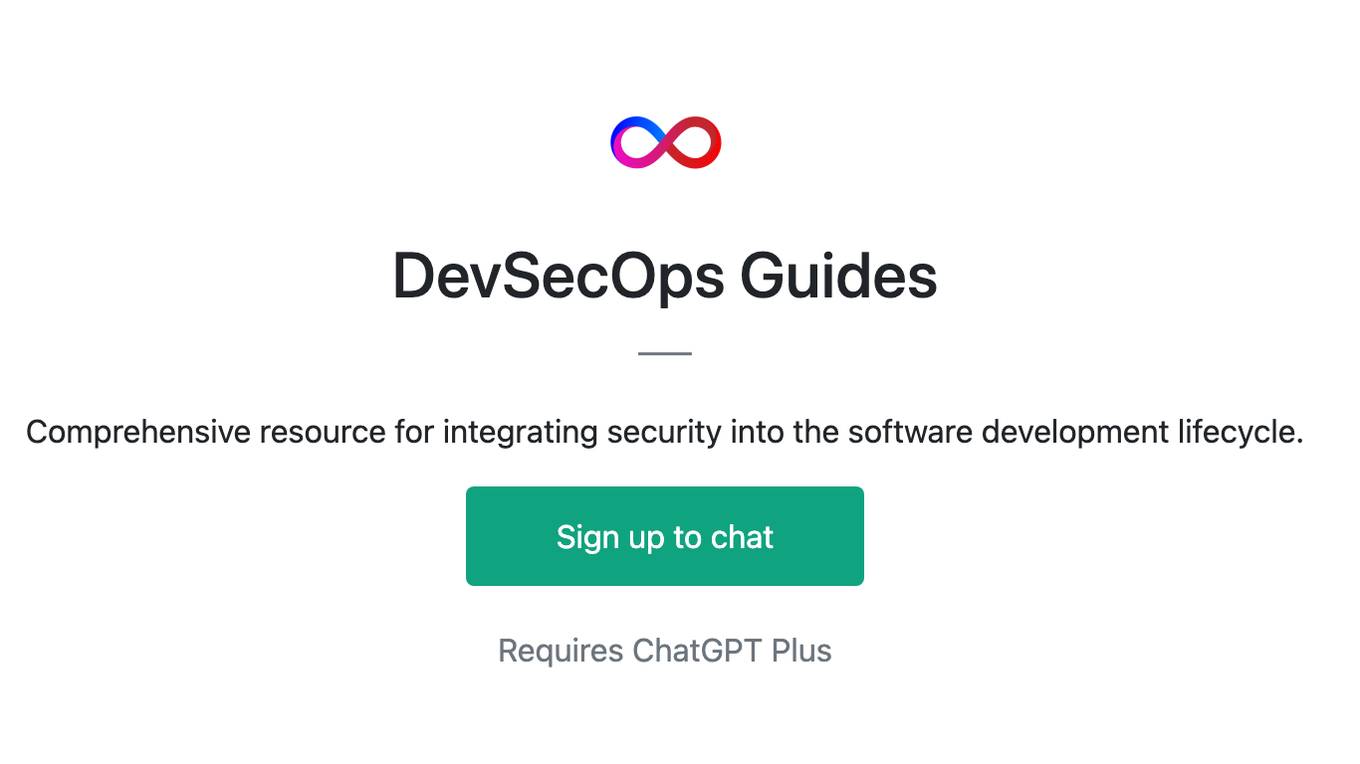
DevSecOps Guides
Comprehensive resource for integrating security into the software development lifecycle.
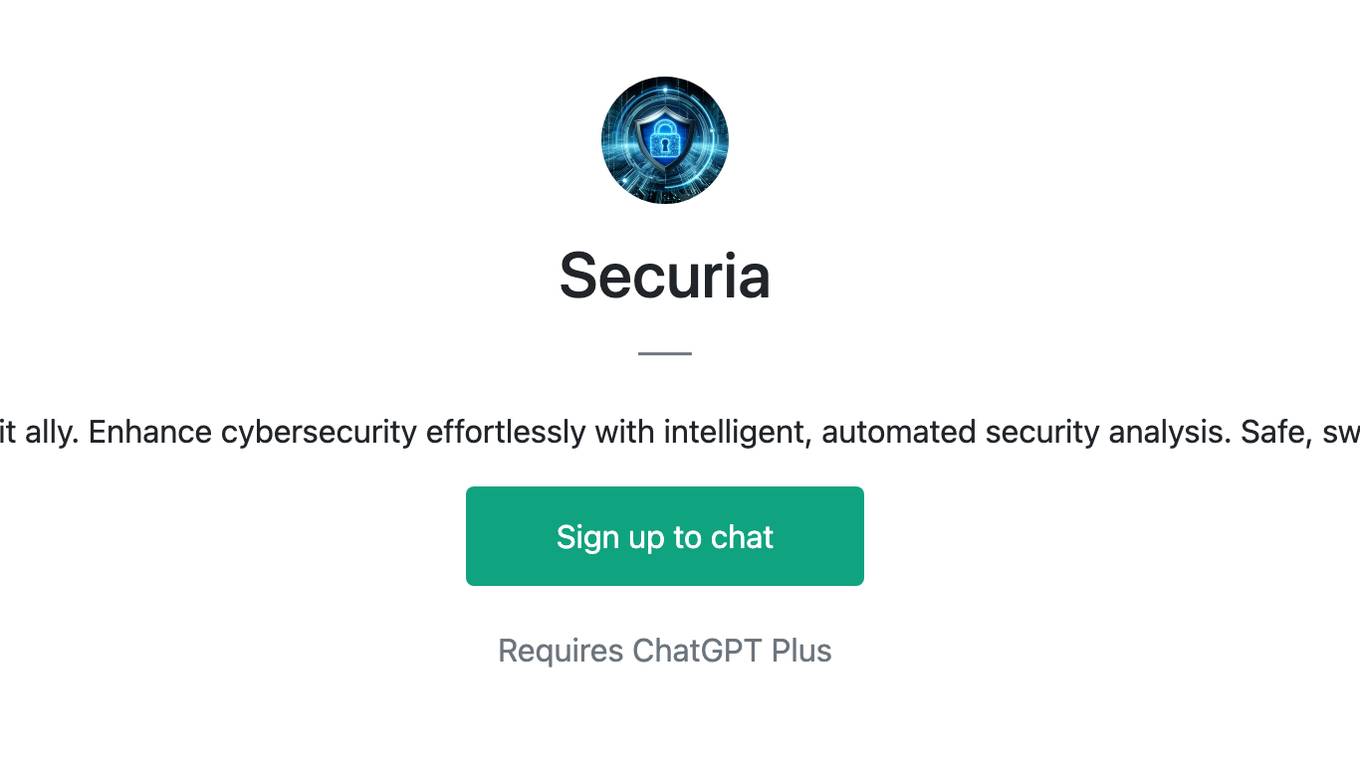
Securia
AI-powered audit ally. Enhance cybersecurity effortlessly with intelligent, automated security analysis. Safe, swift, and smart.
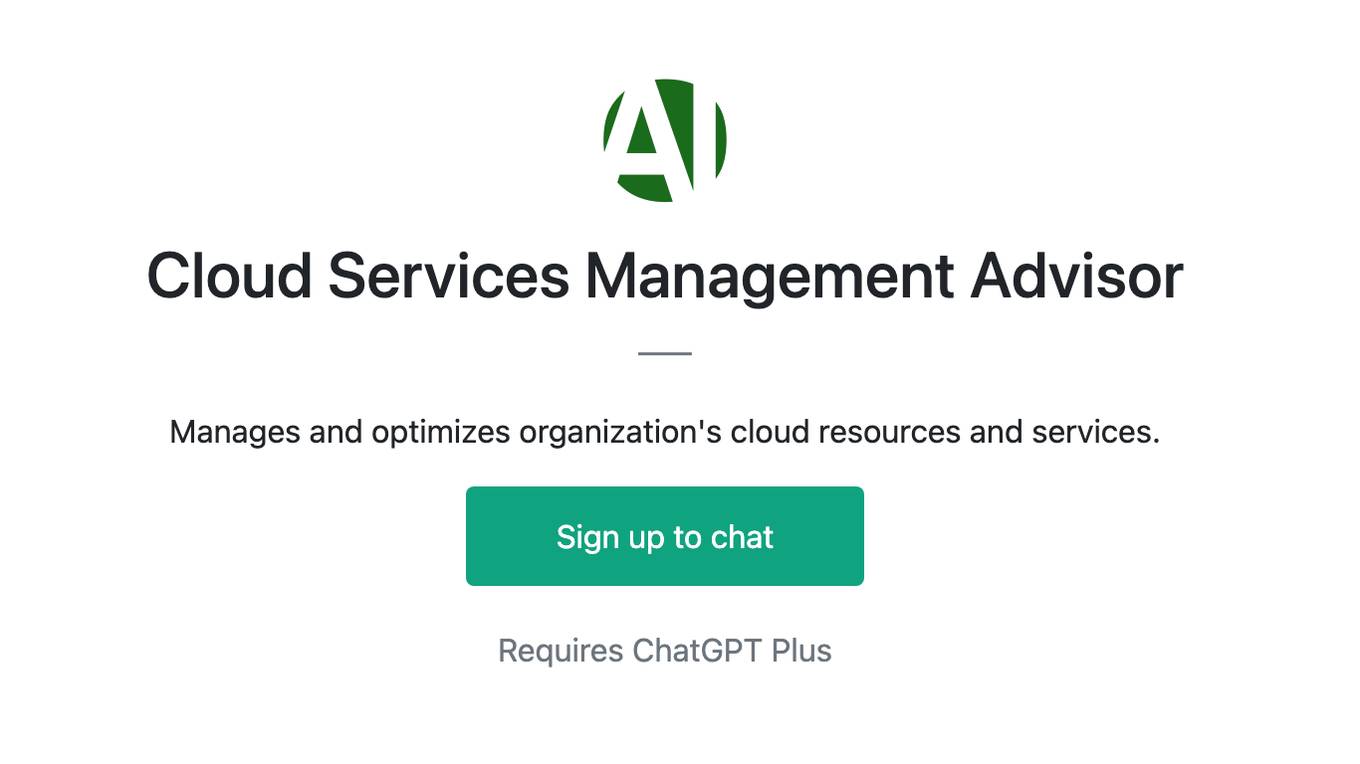
Cloud Services Management Advisor
Manages and optimizes organization's cloud resources and services.
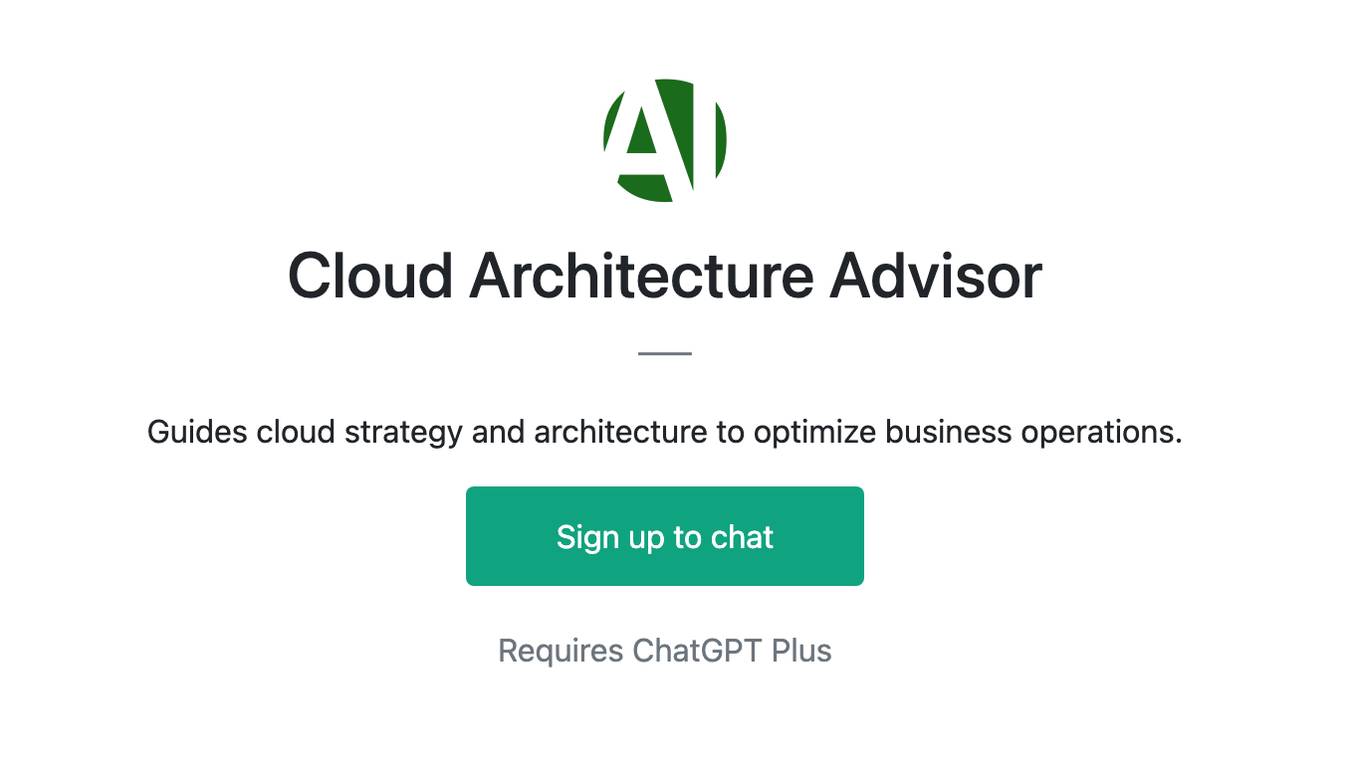
Cloud Architecture Advisor
Guides cloud strategy and architecture to optimize business operations.
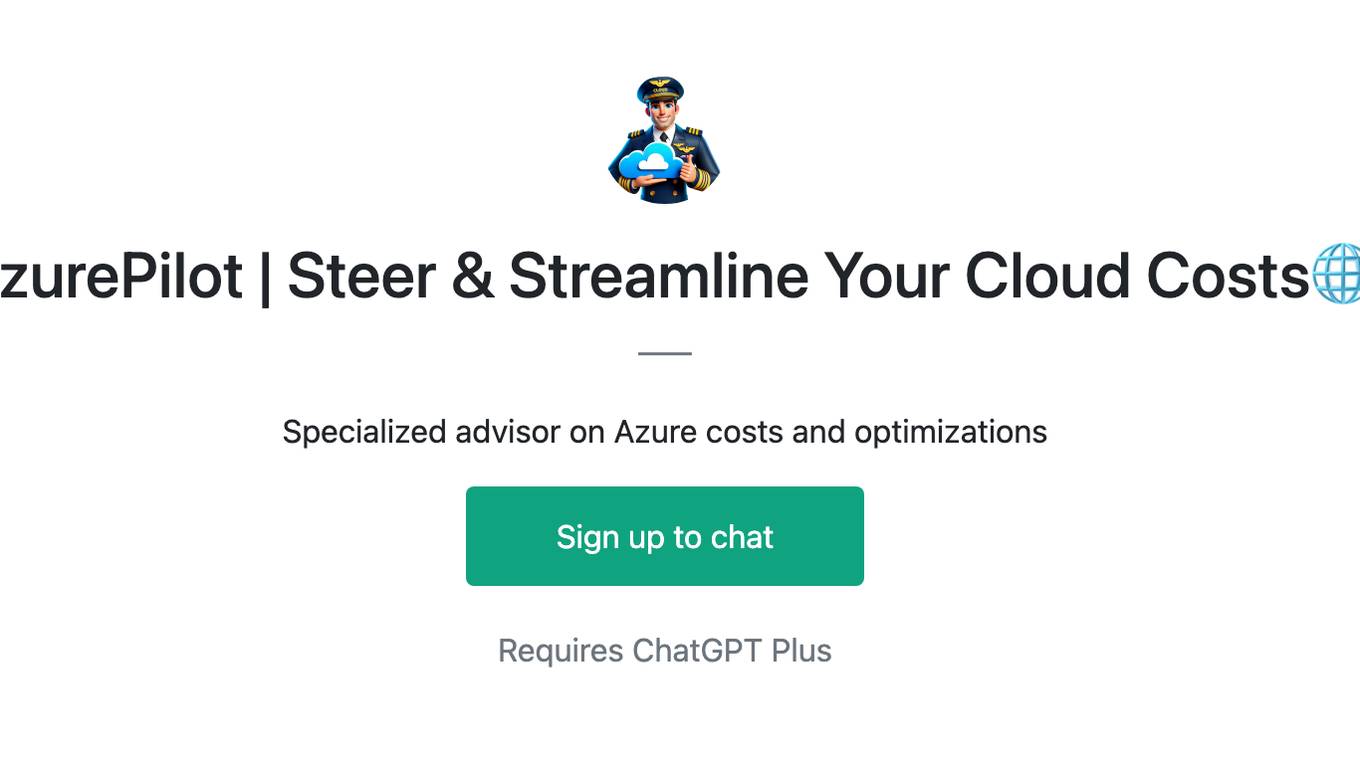
AzurePilot | Steer & Streamline Your Cloud Costs🌐
Specialized advisor on Azure costs and optimizations
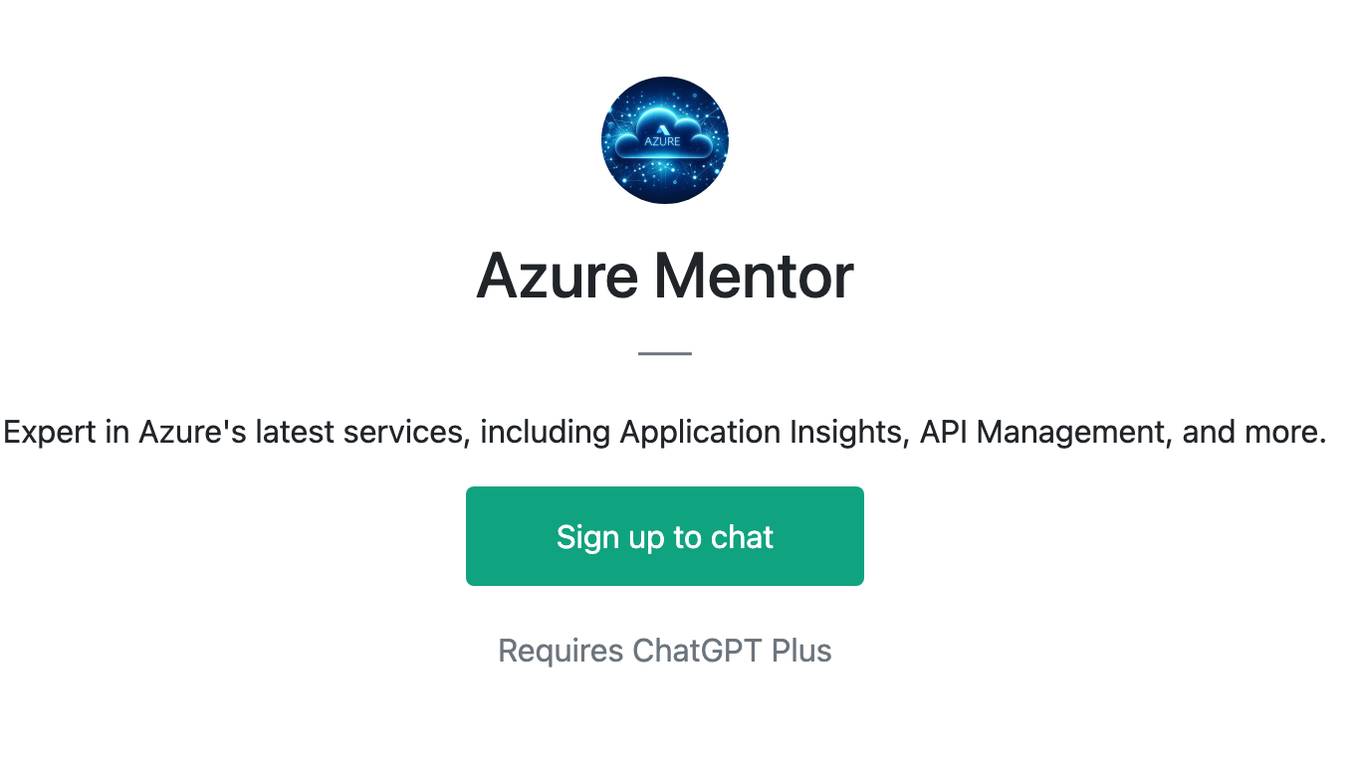
Azure Mentor
Expert in Azure's latest services, including Application Insights, API Management, and more.
